in the name of love (2019)
Works 2005-2018
5 February-2 March 2019
Gallatin Galleries at NYU
1 Washington Place New York, NY 10003
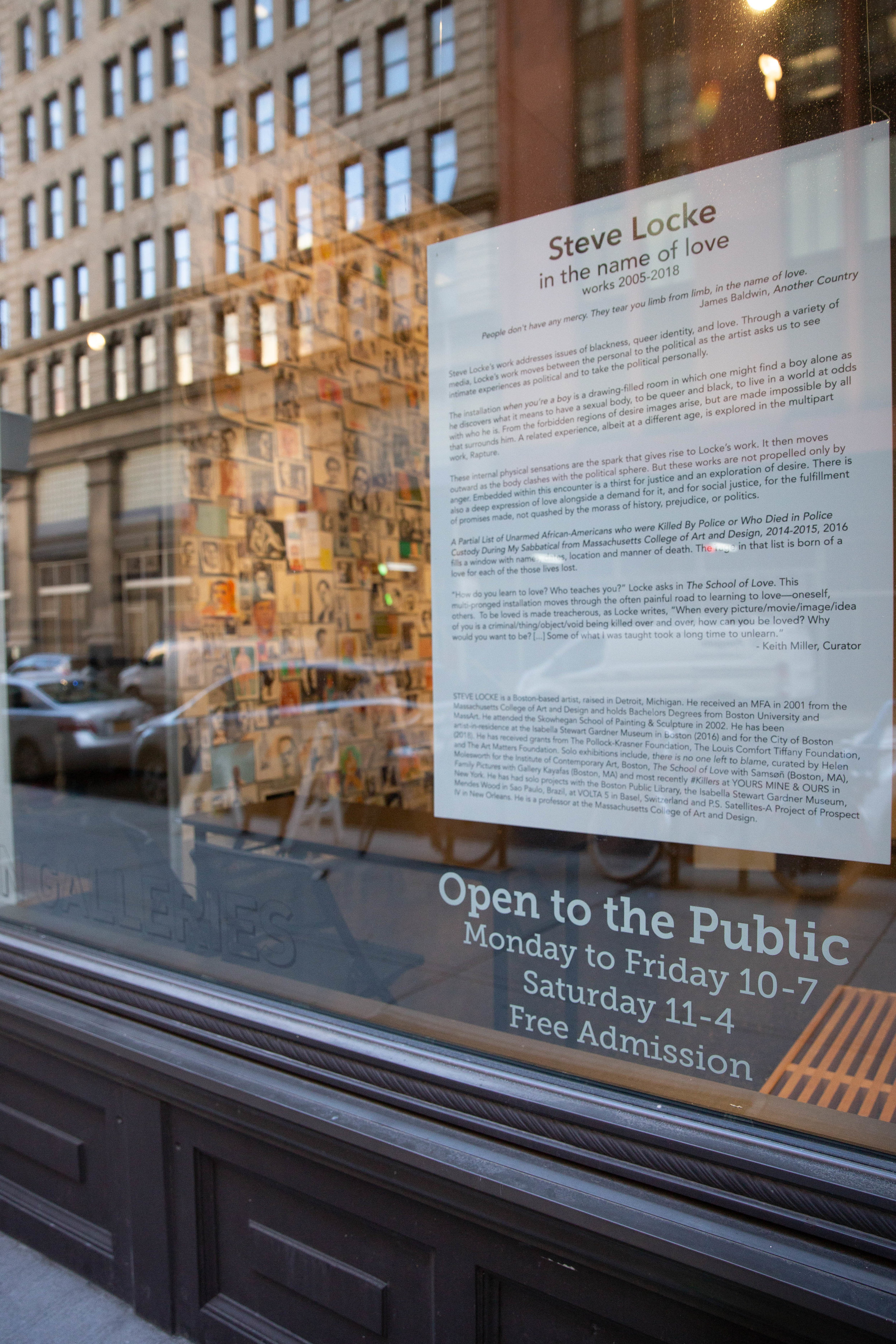
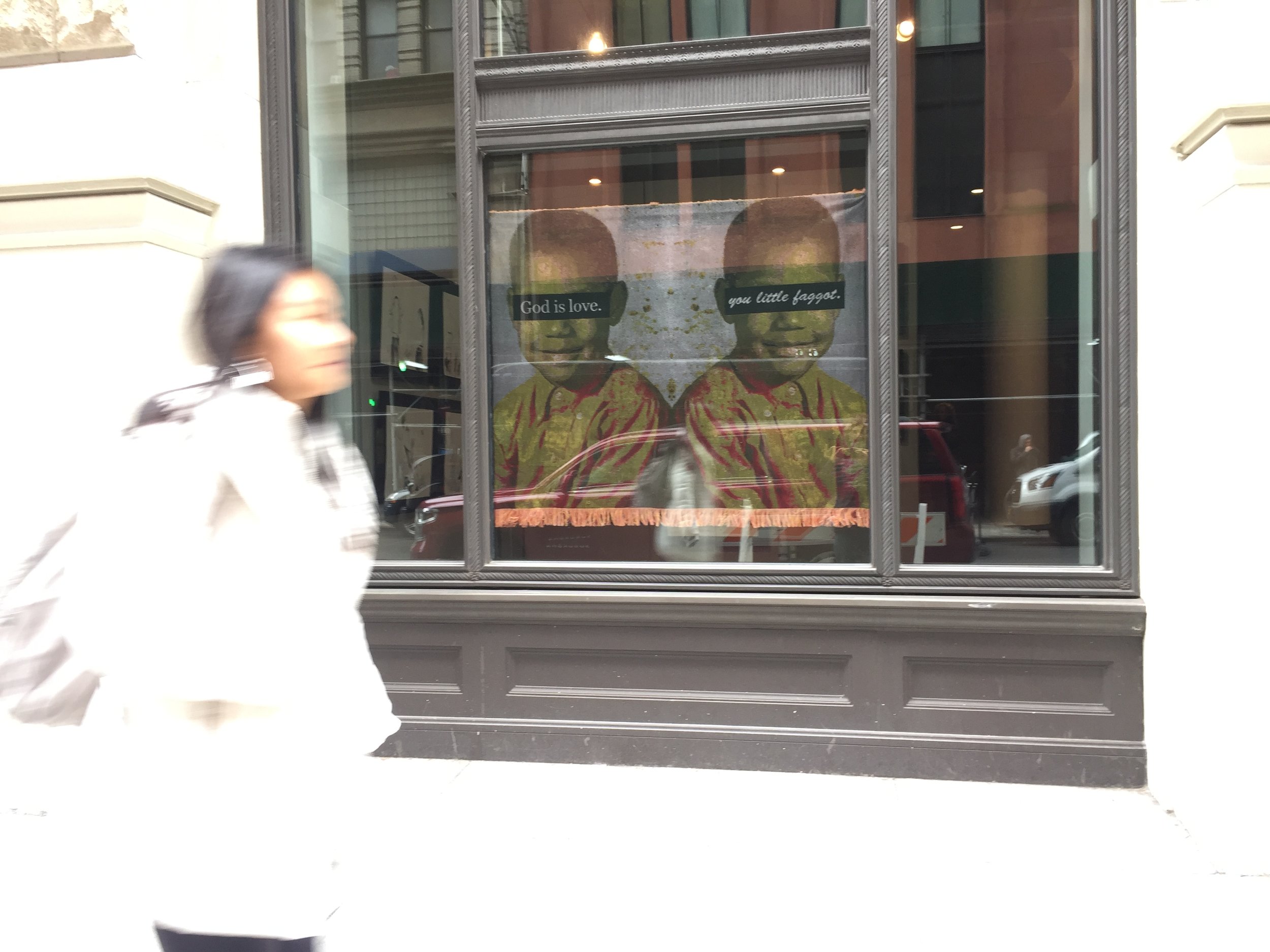
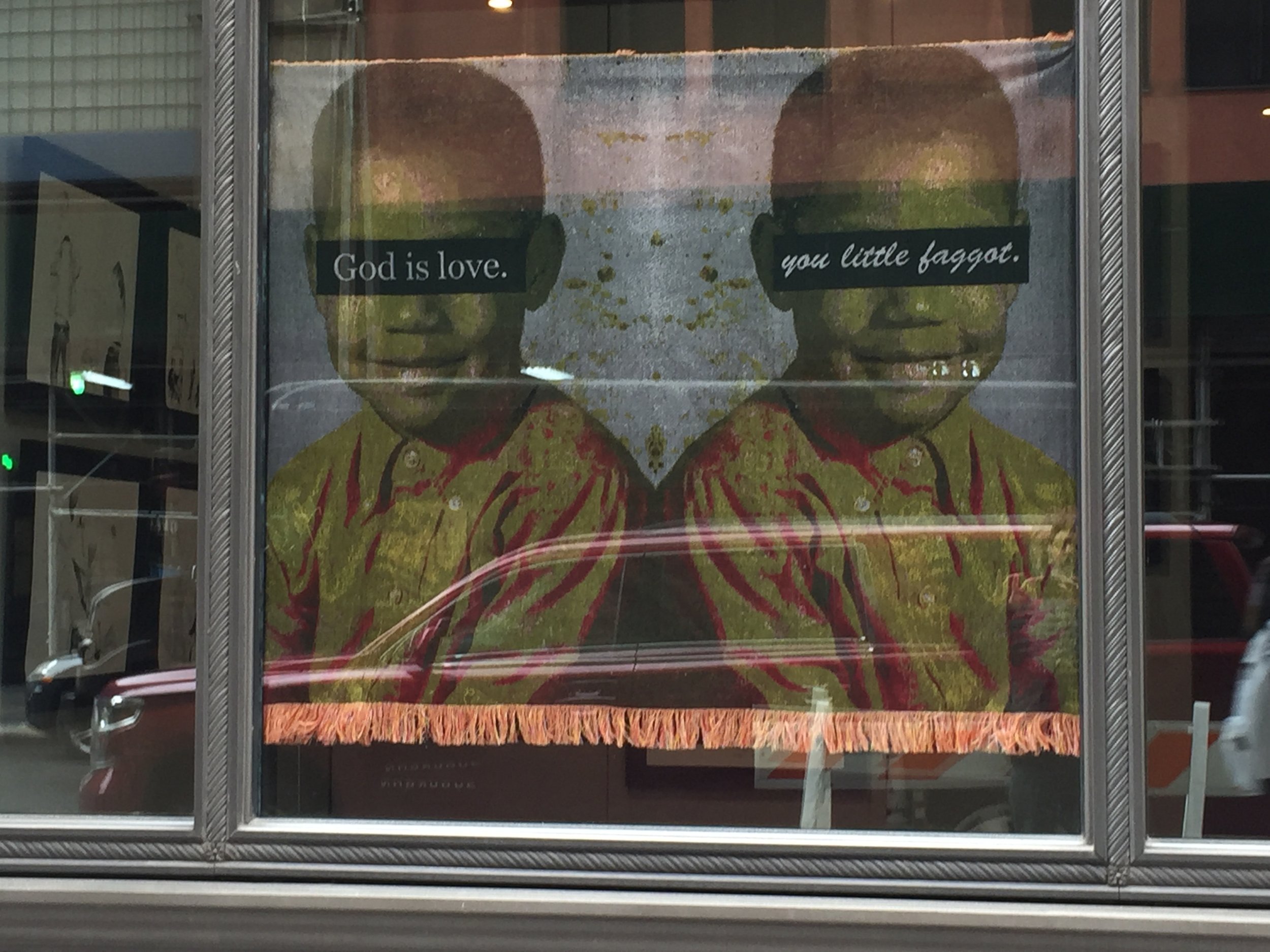
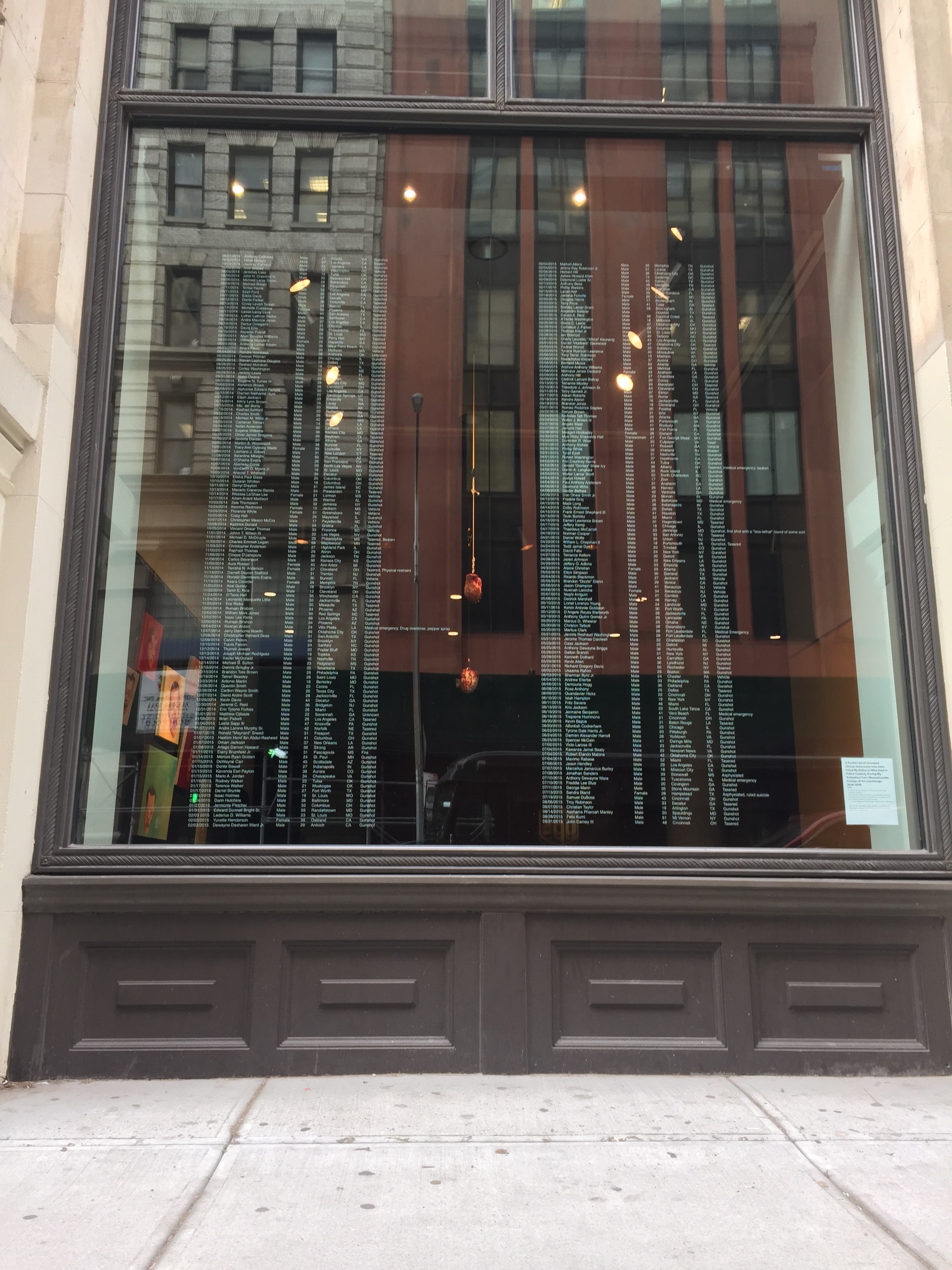
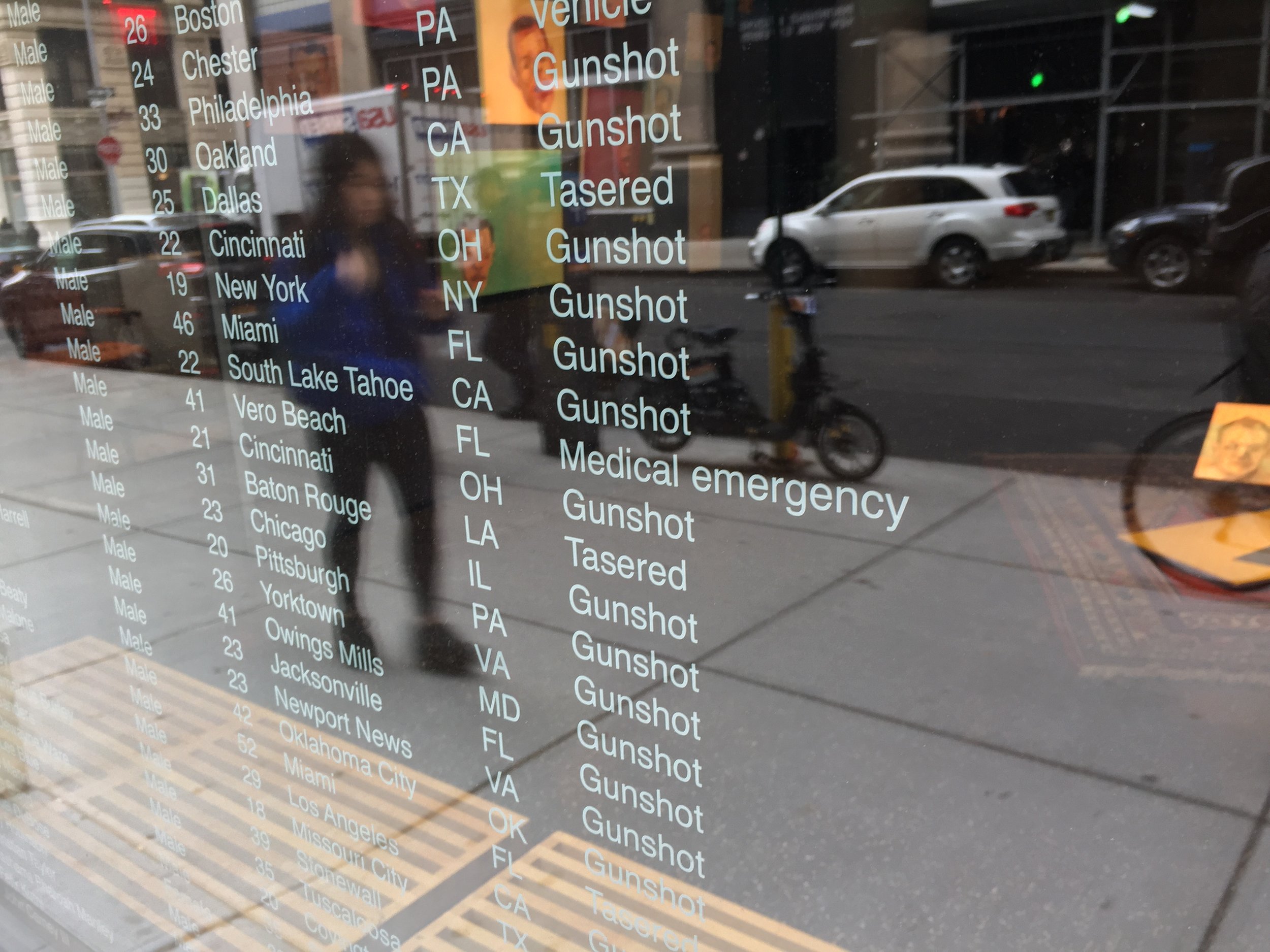
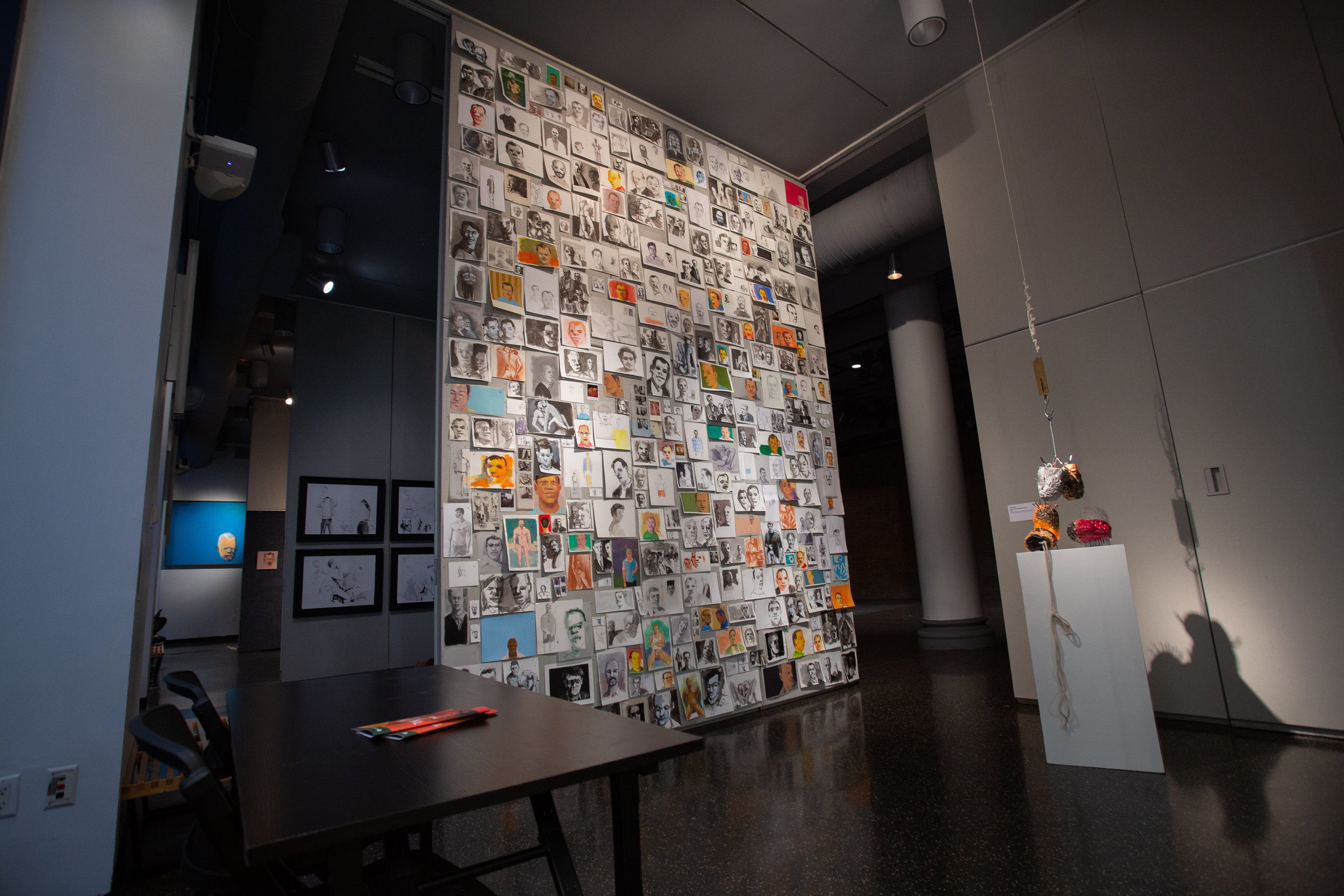
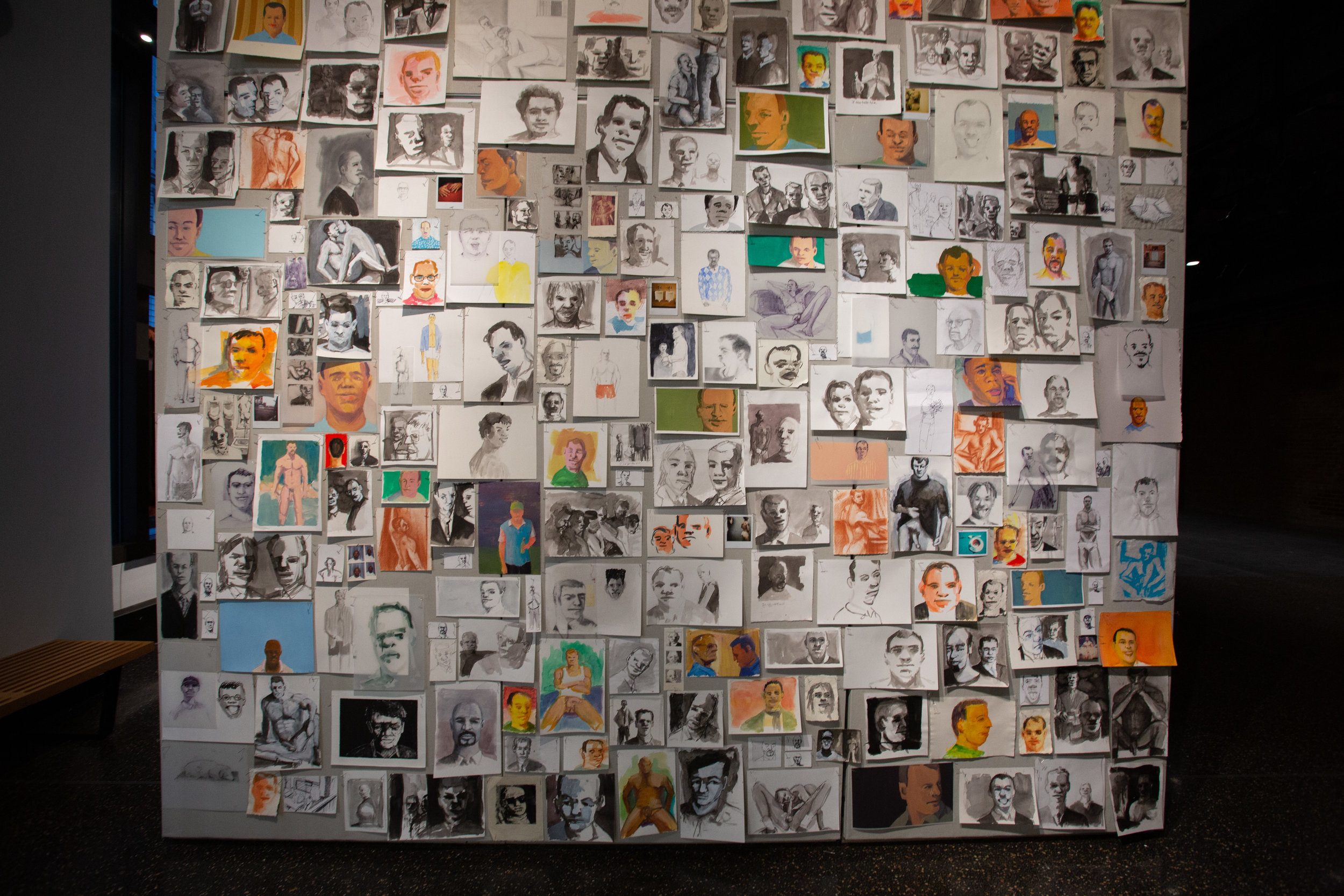
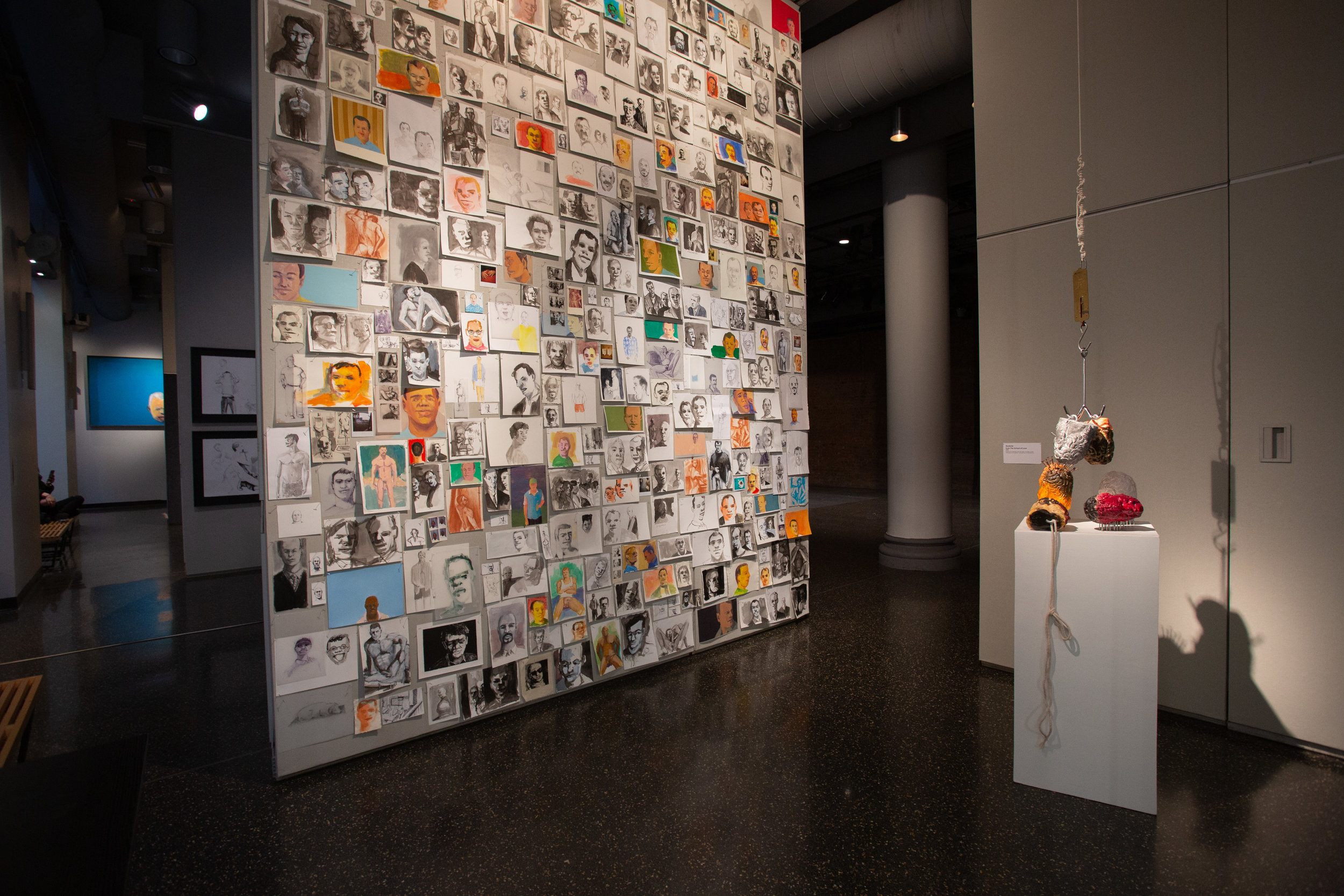
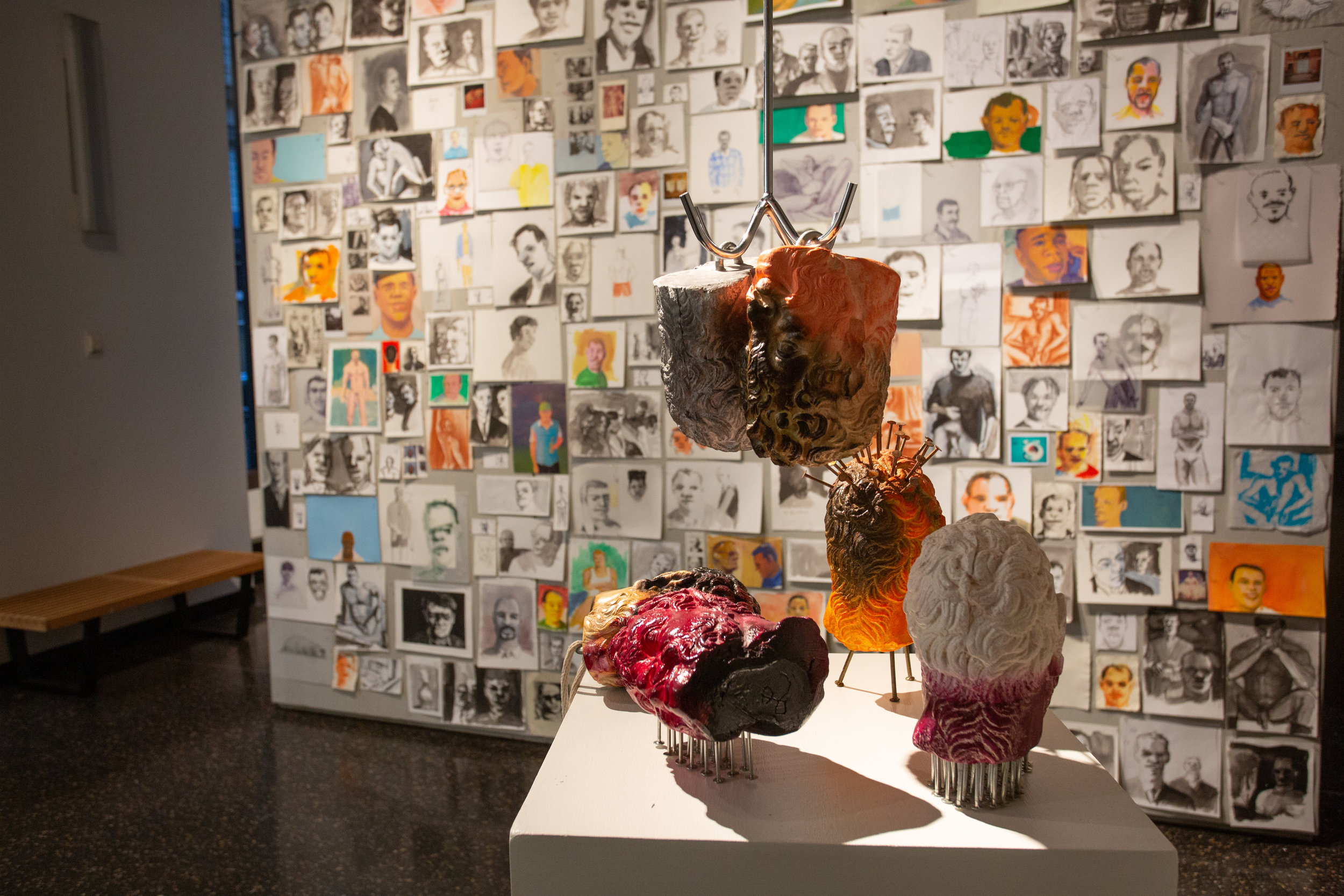
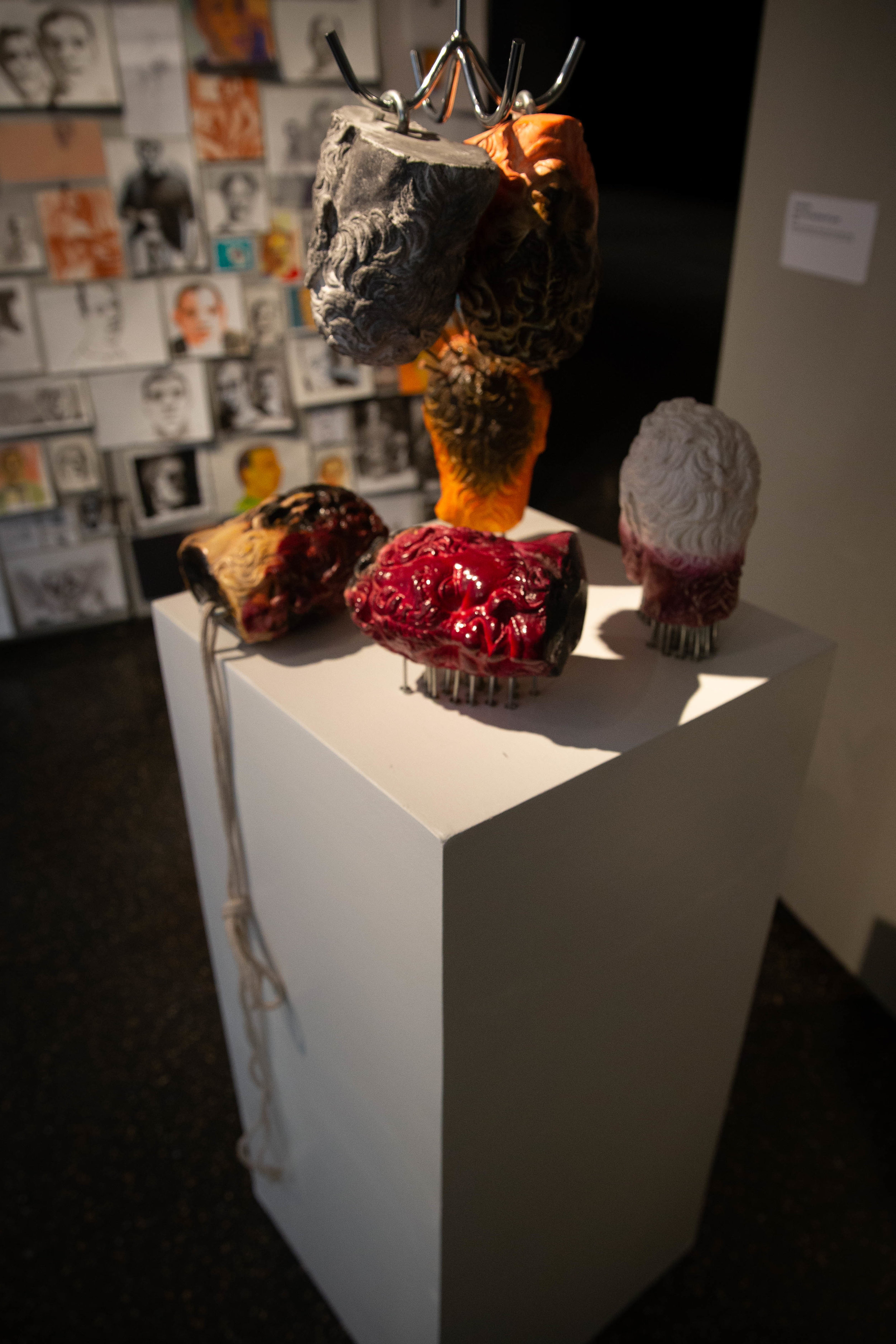
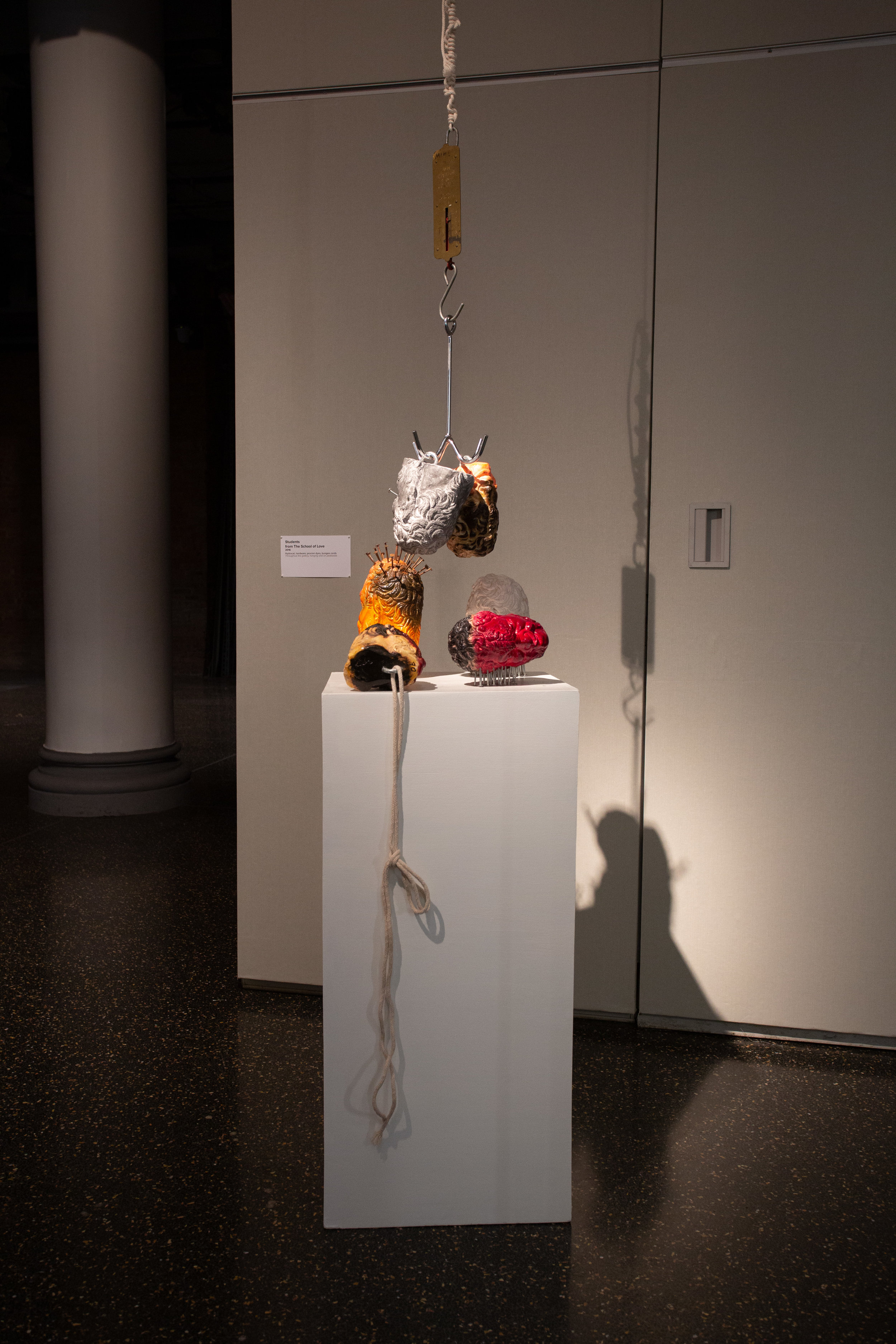
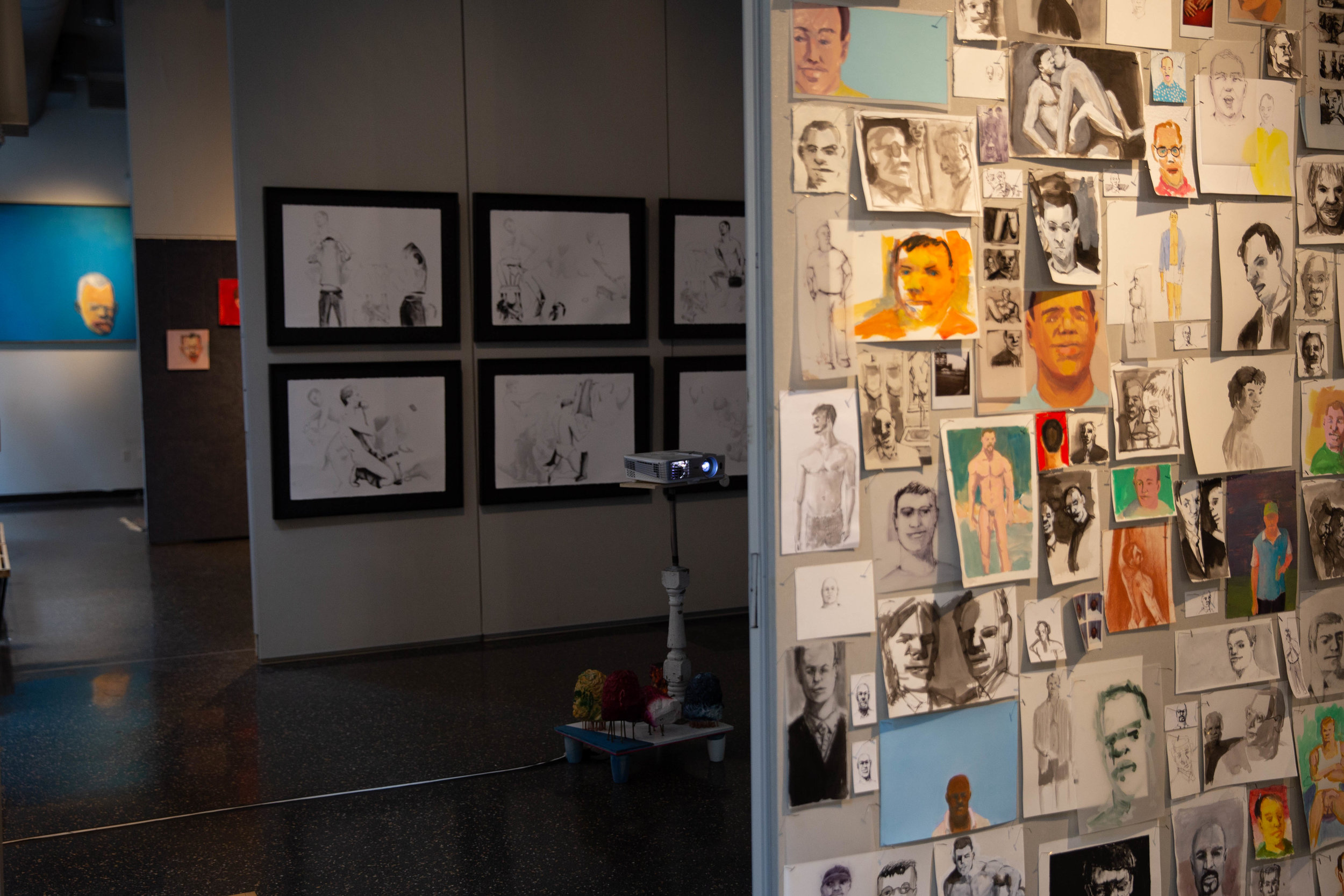
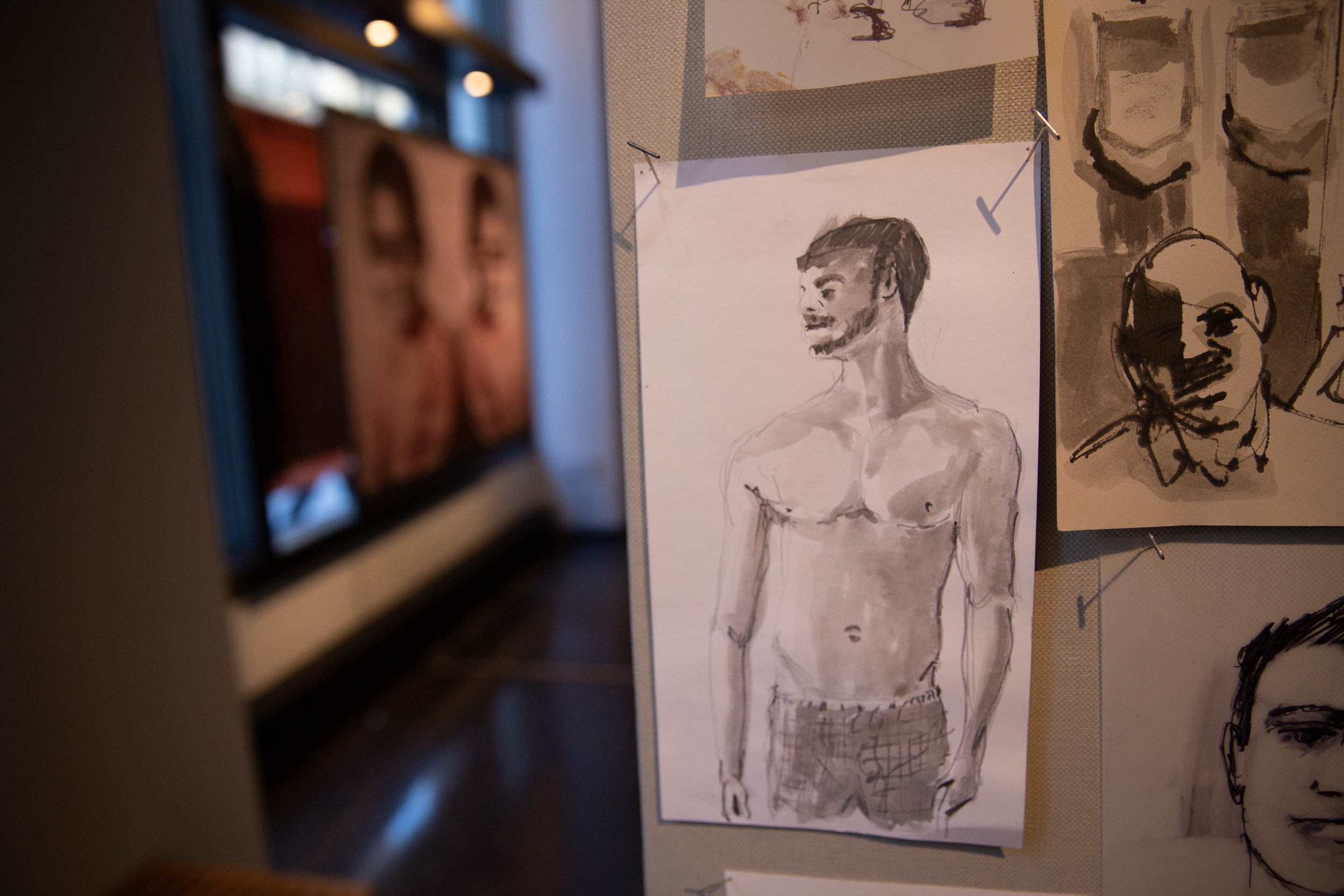
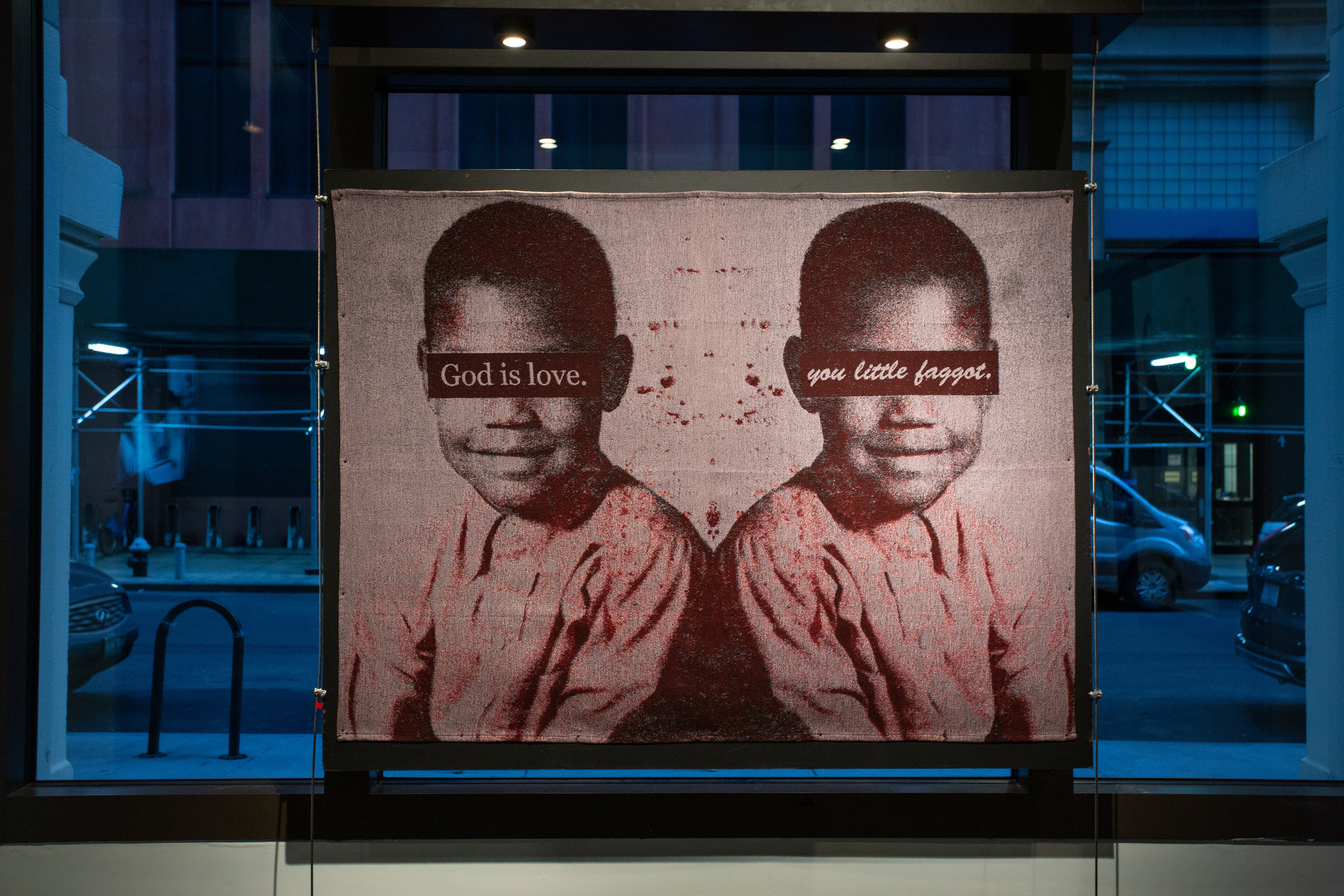
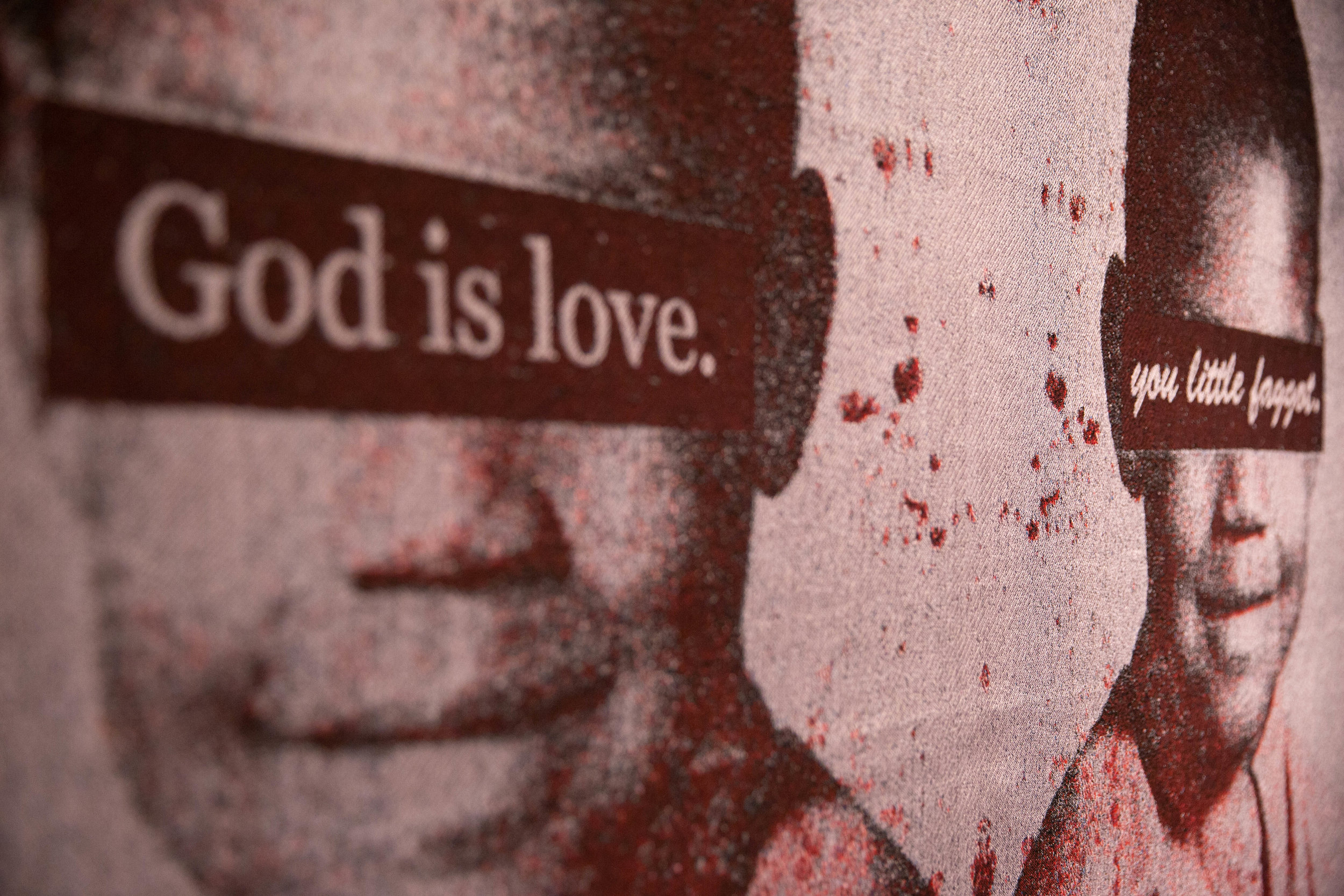
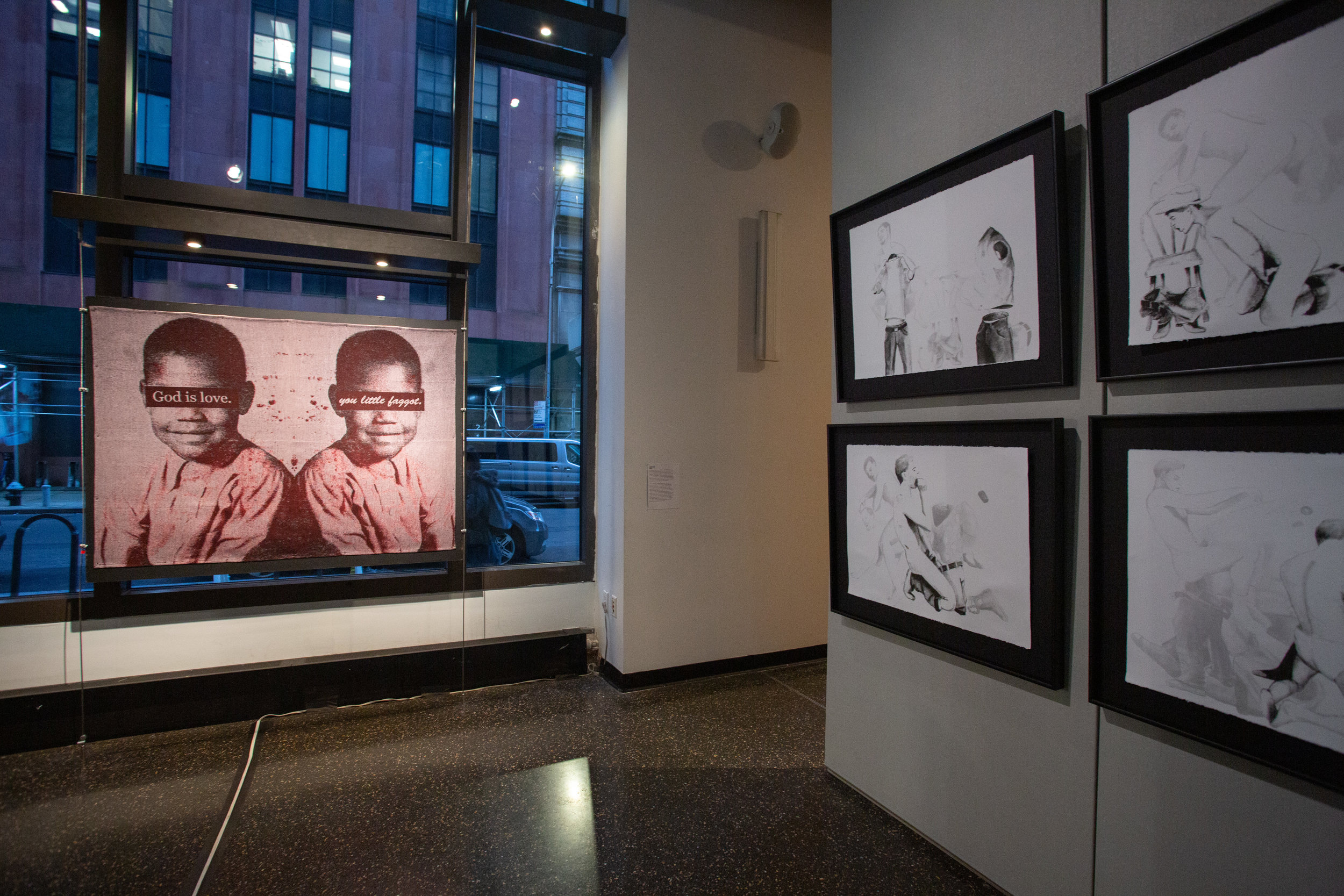
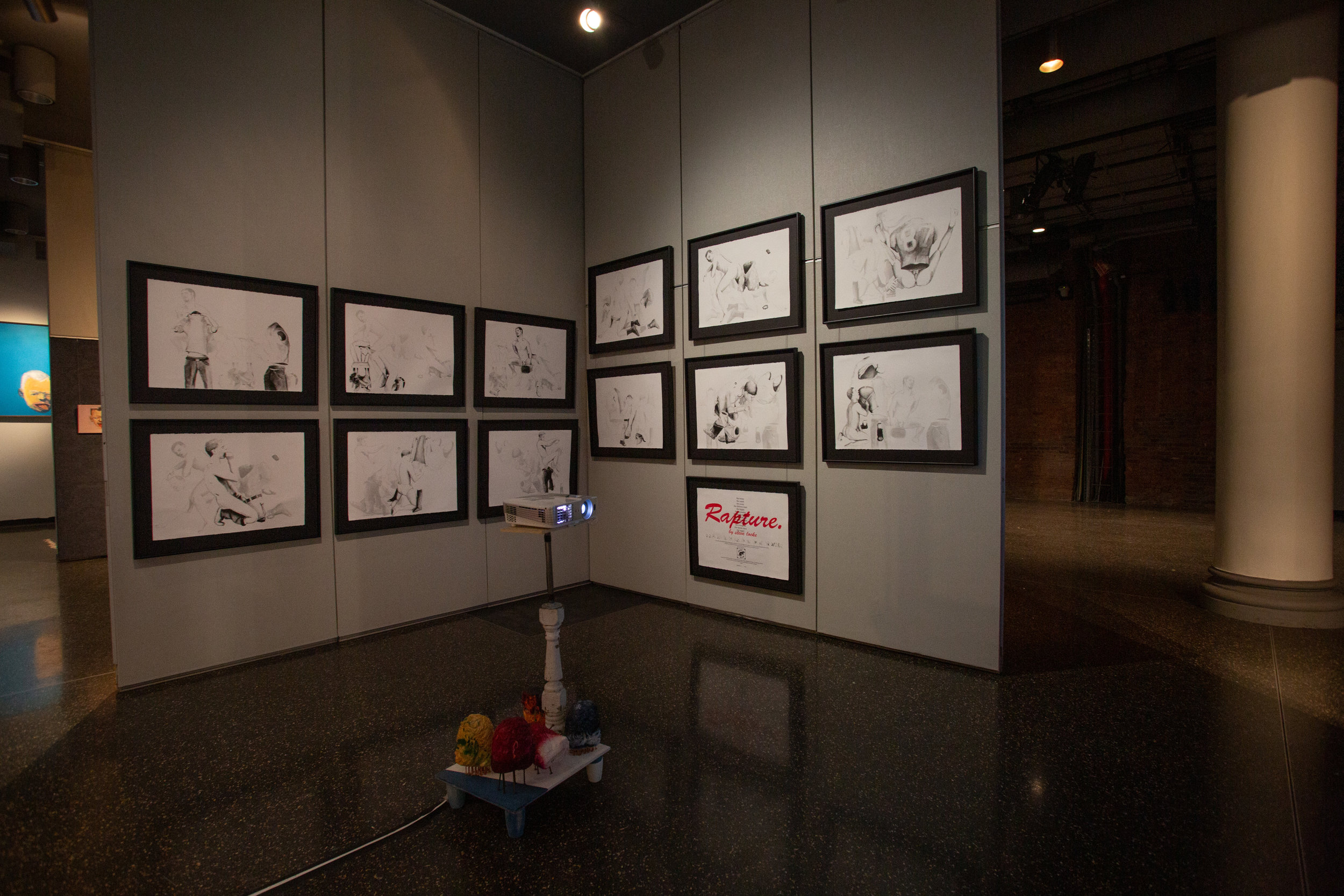
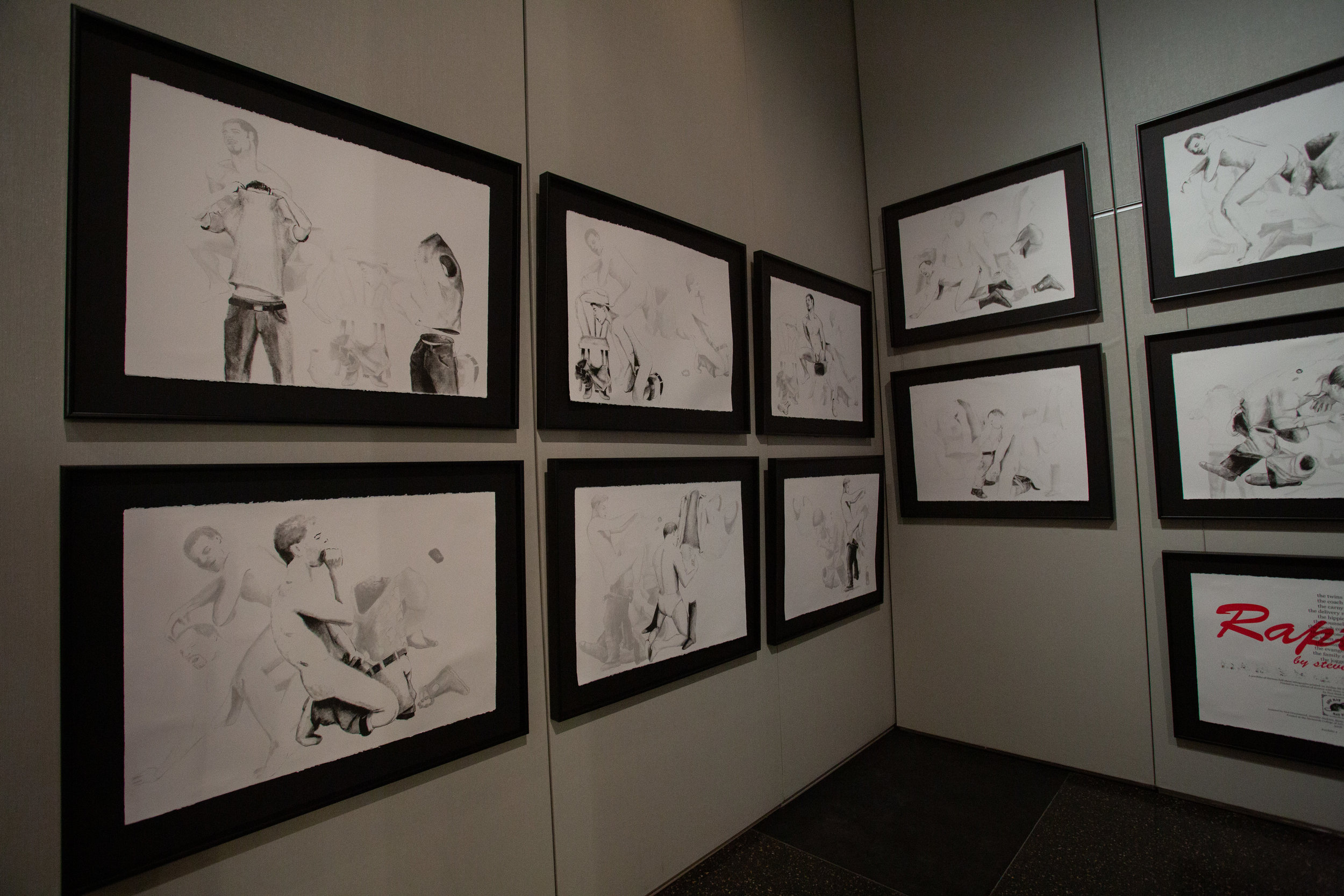
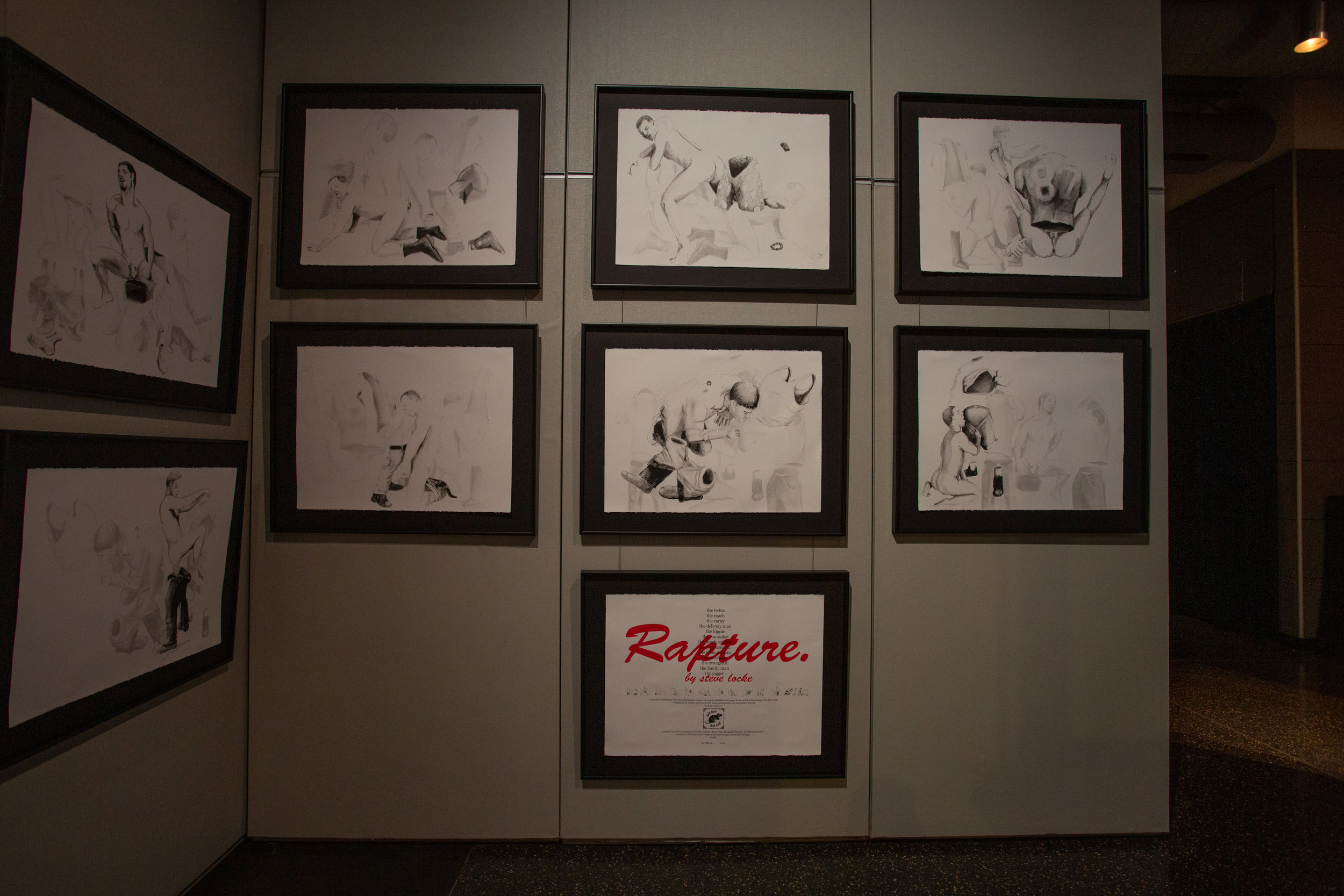
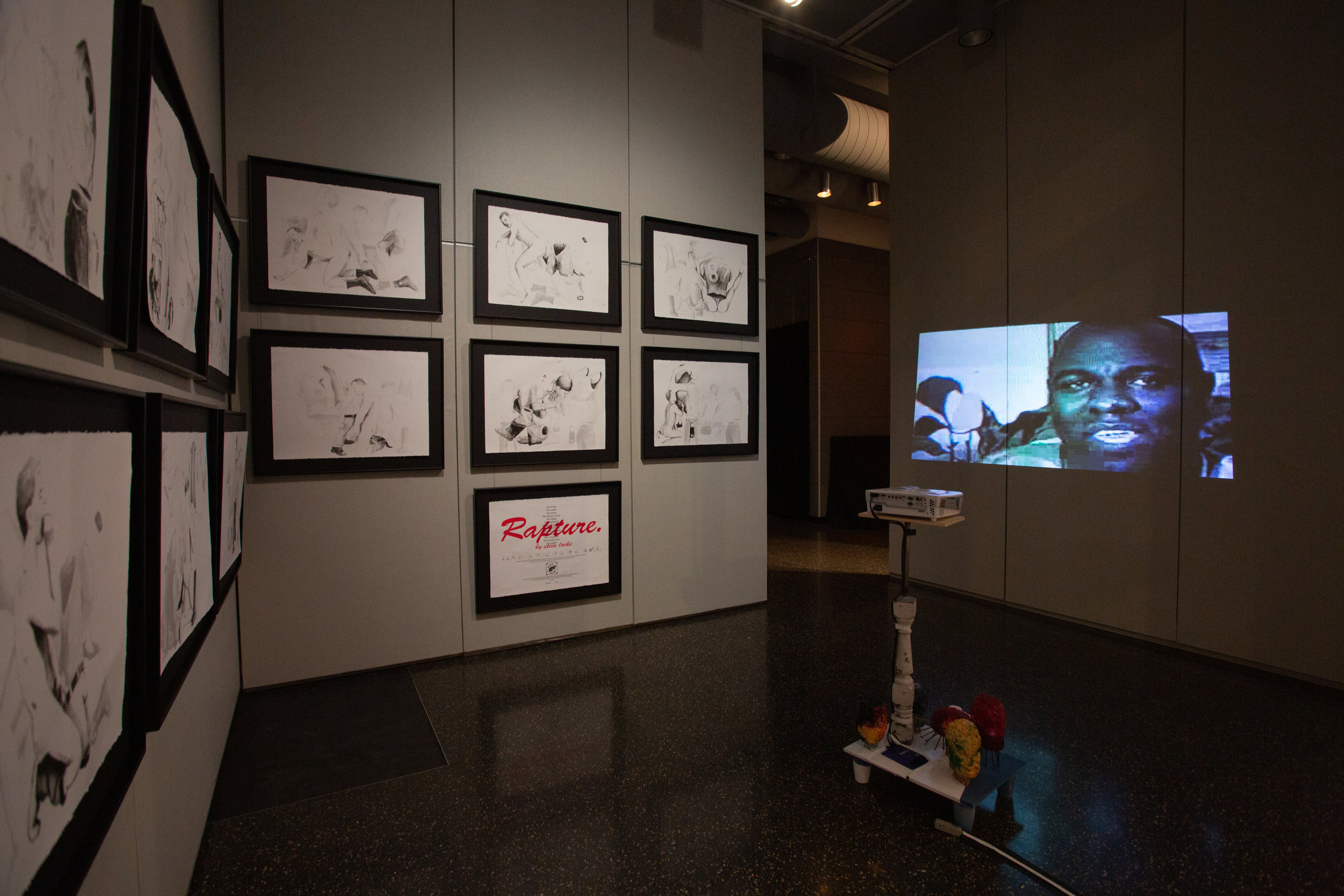
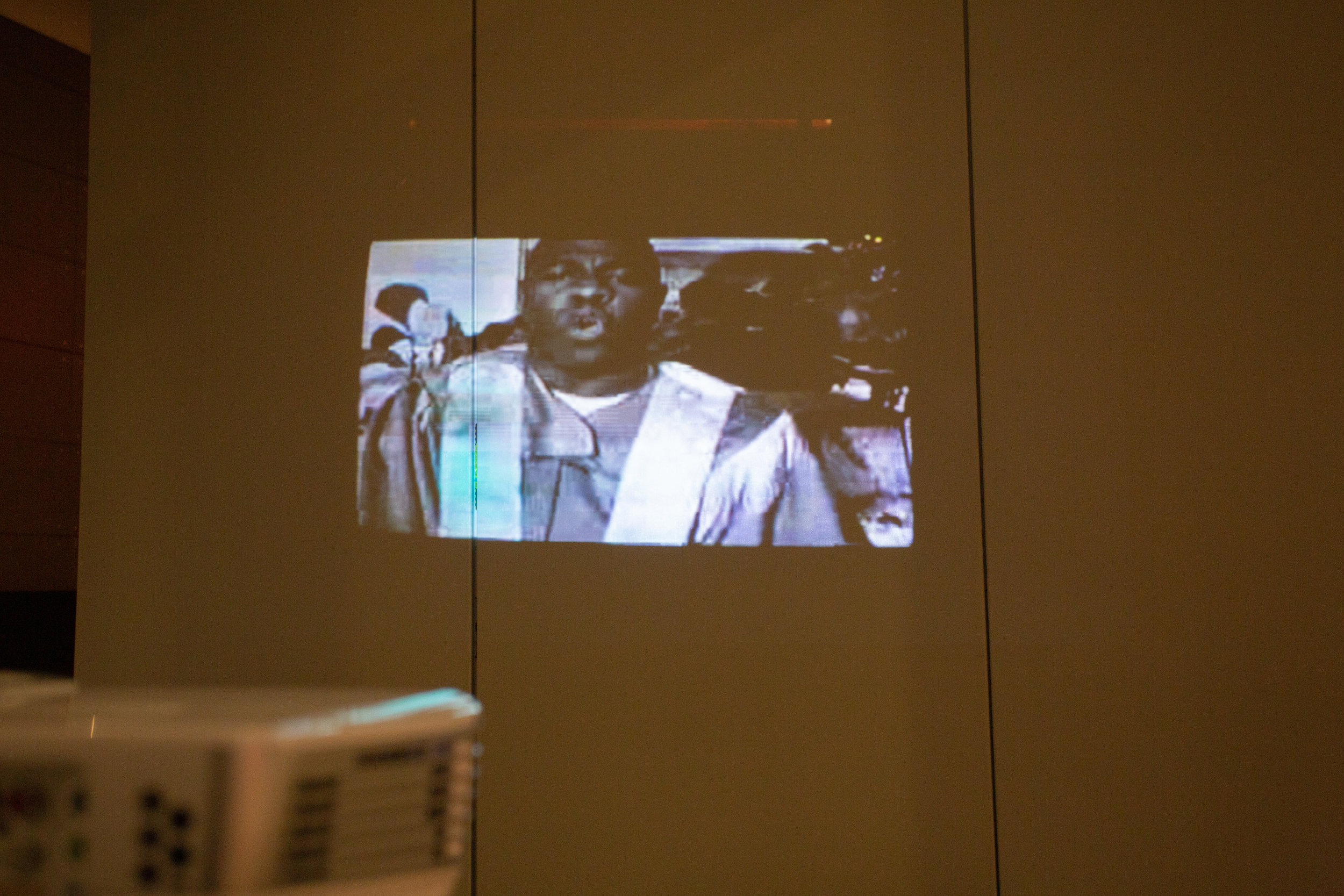
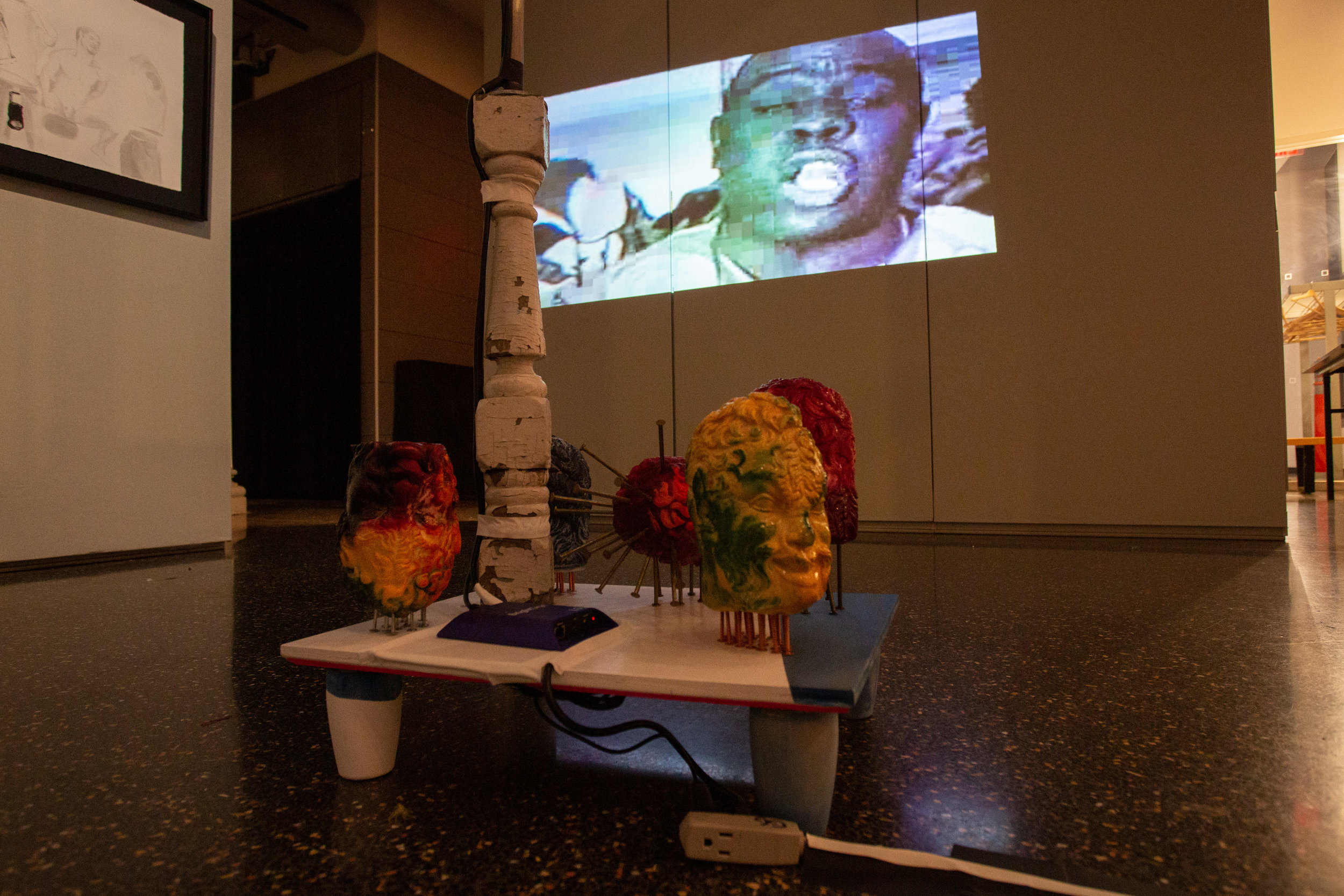
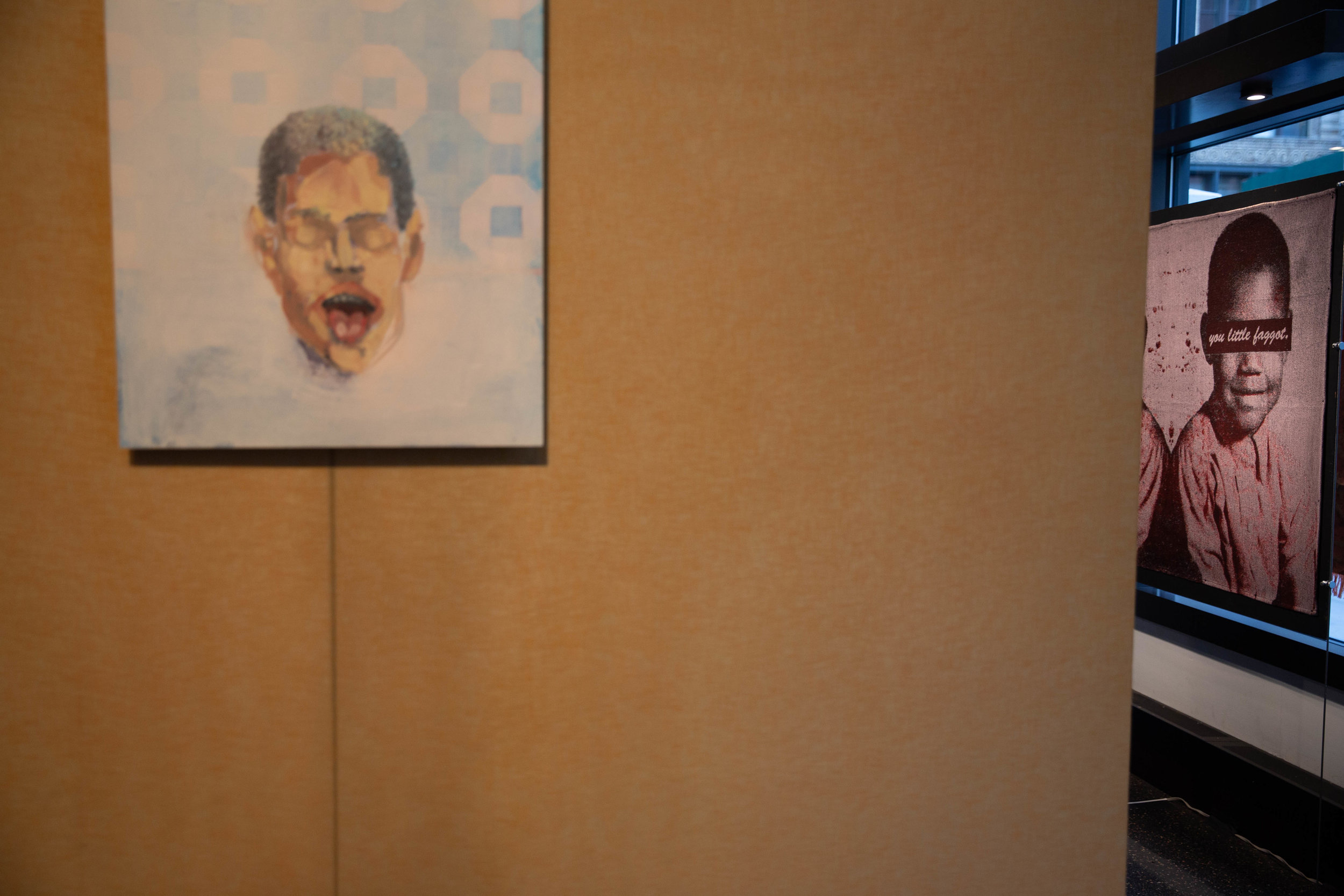
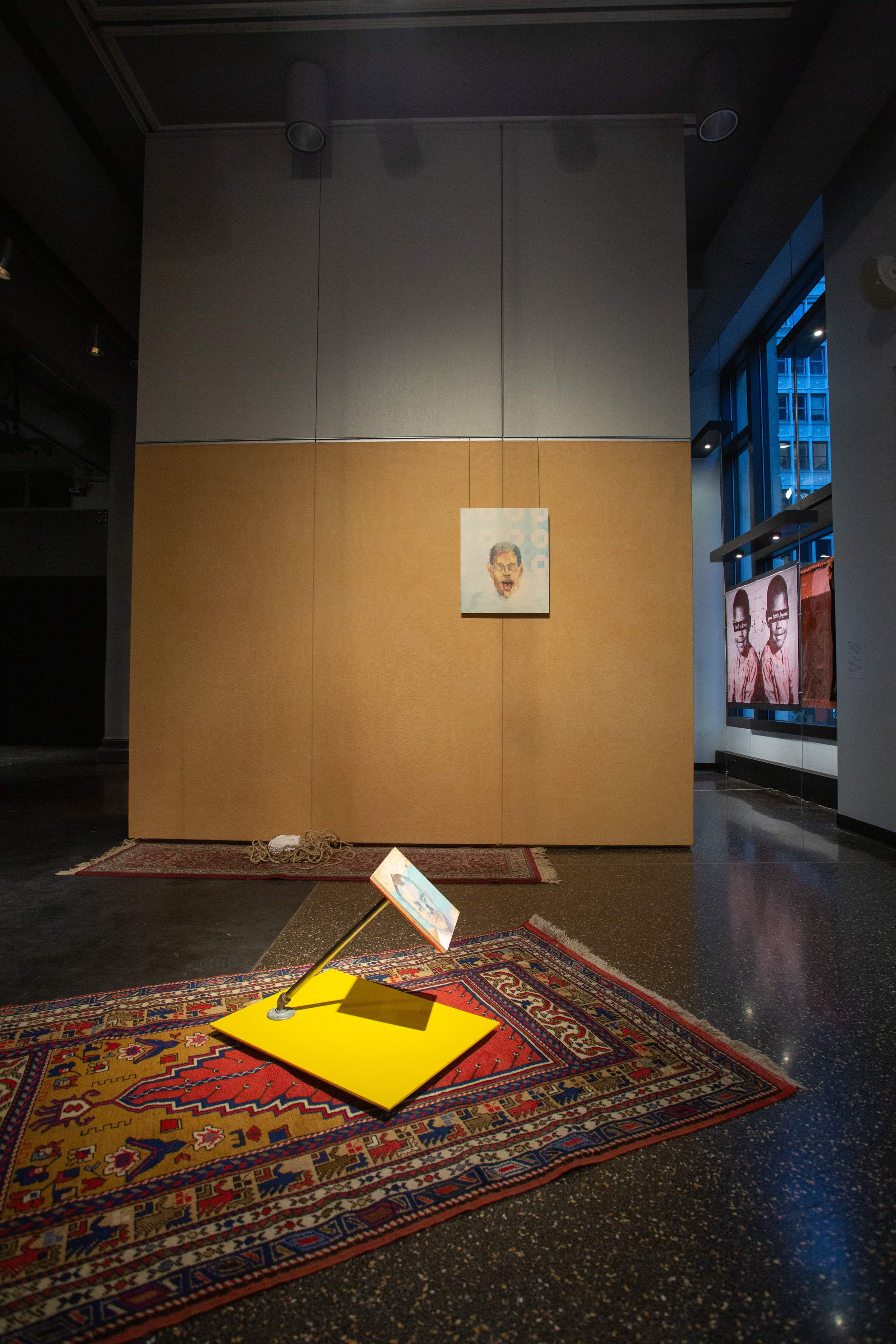
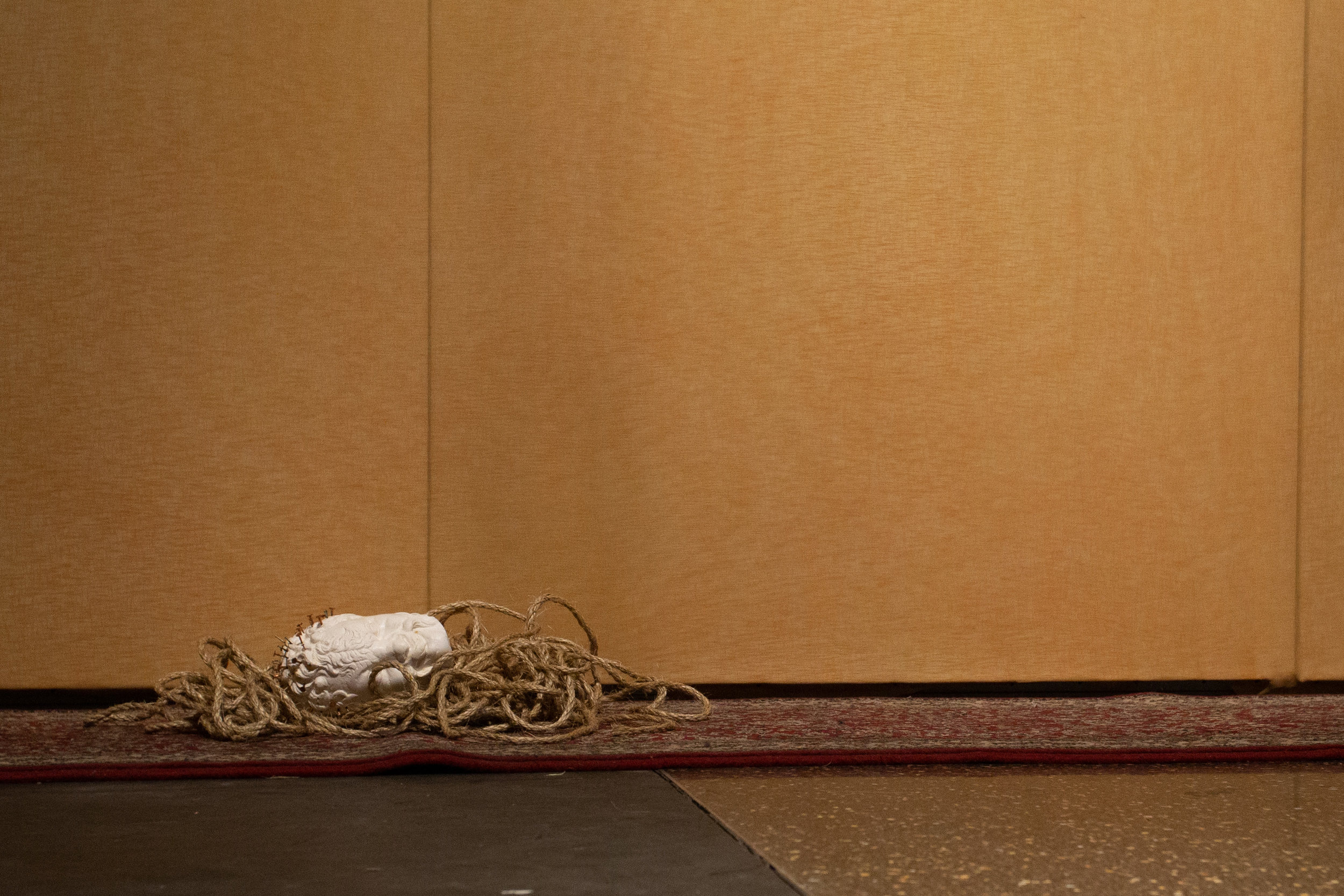
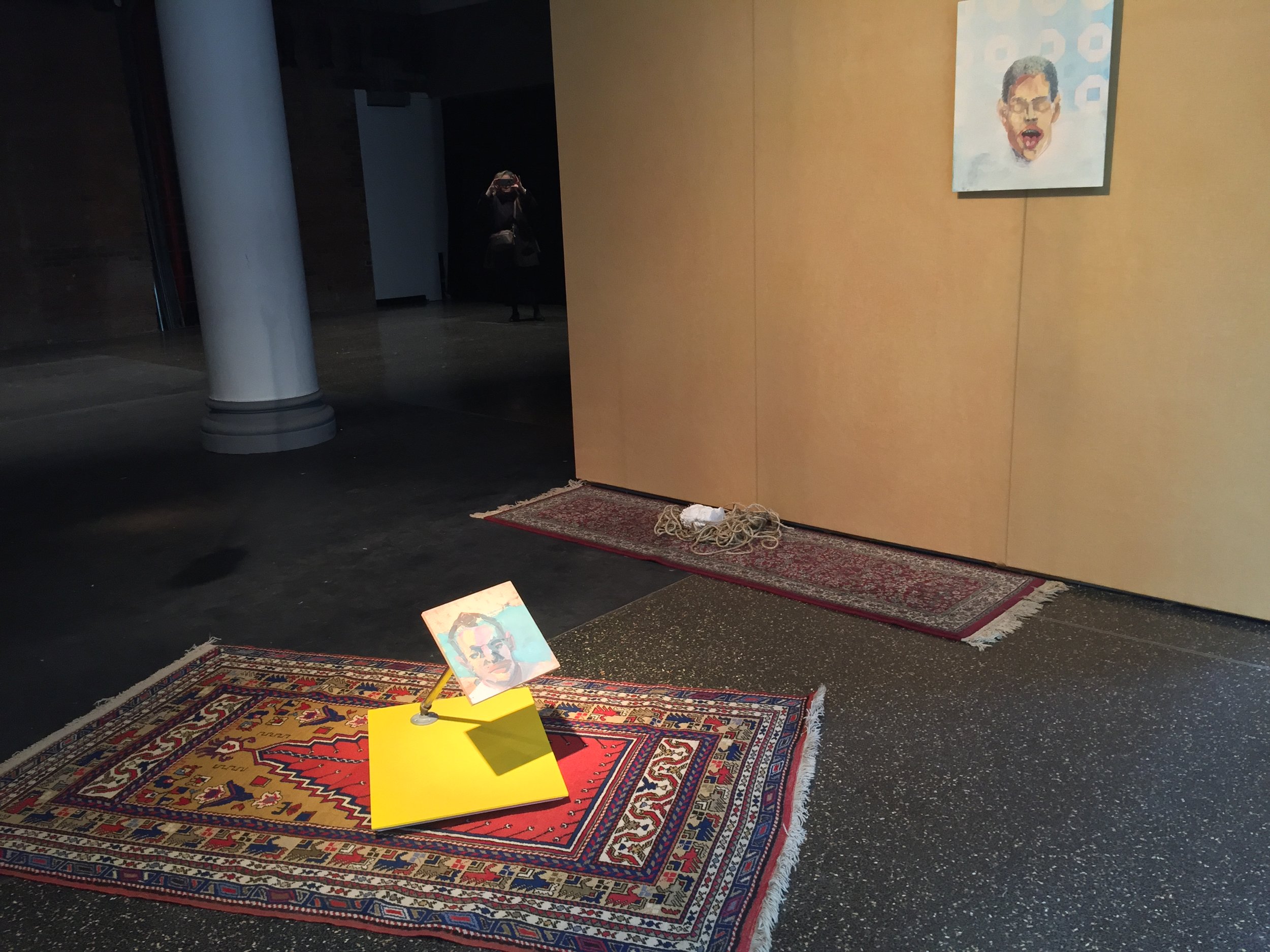
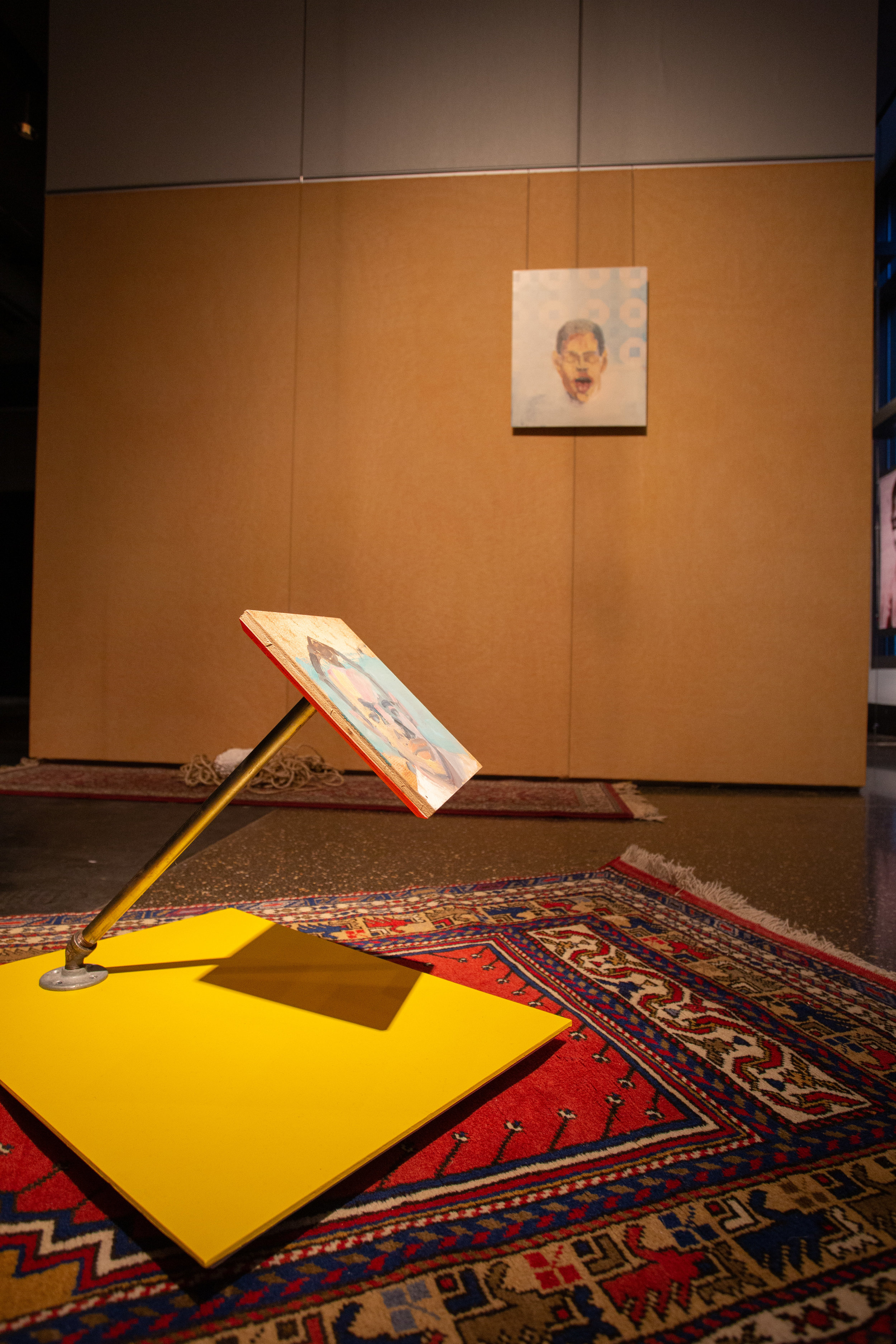
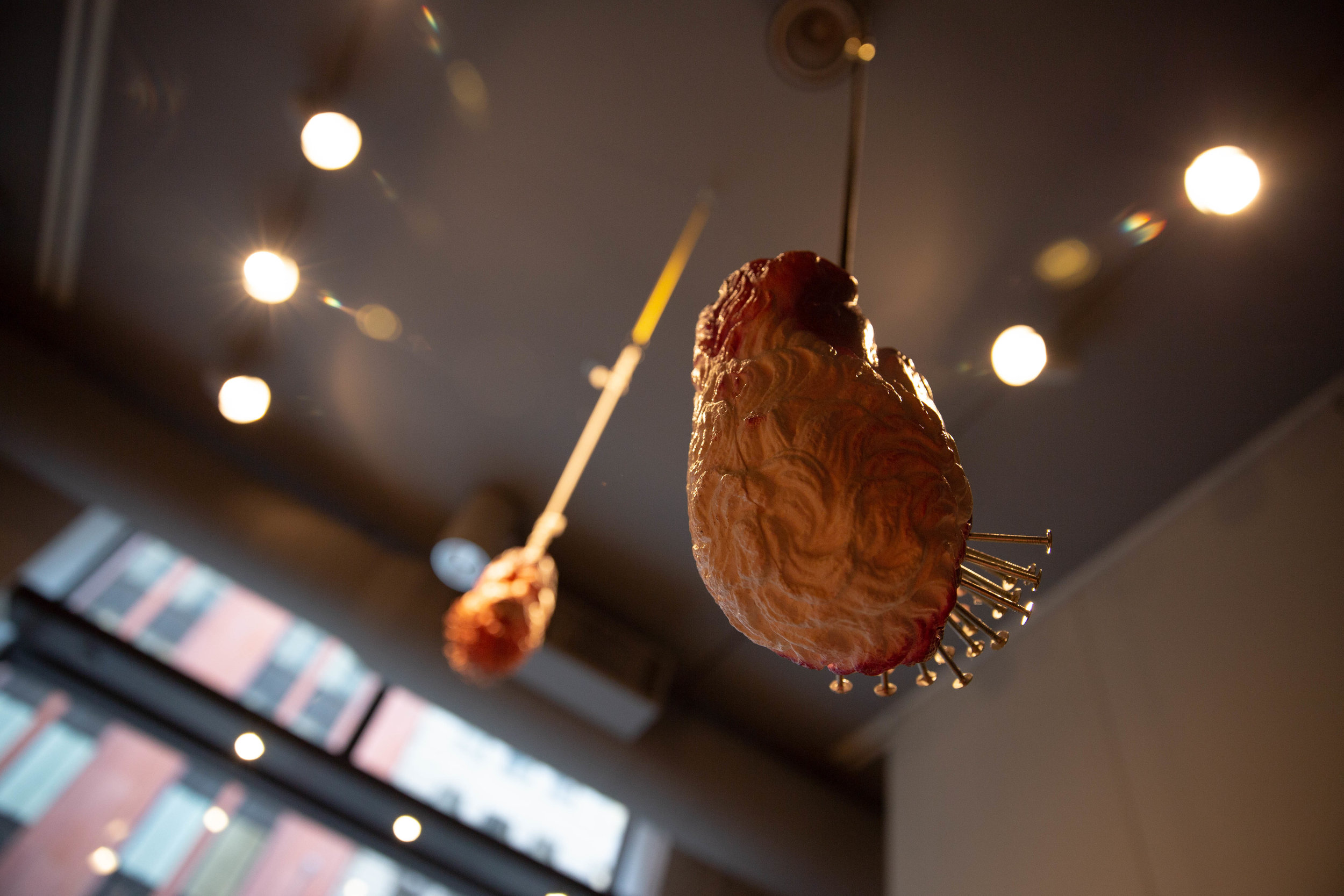
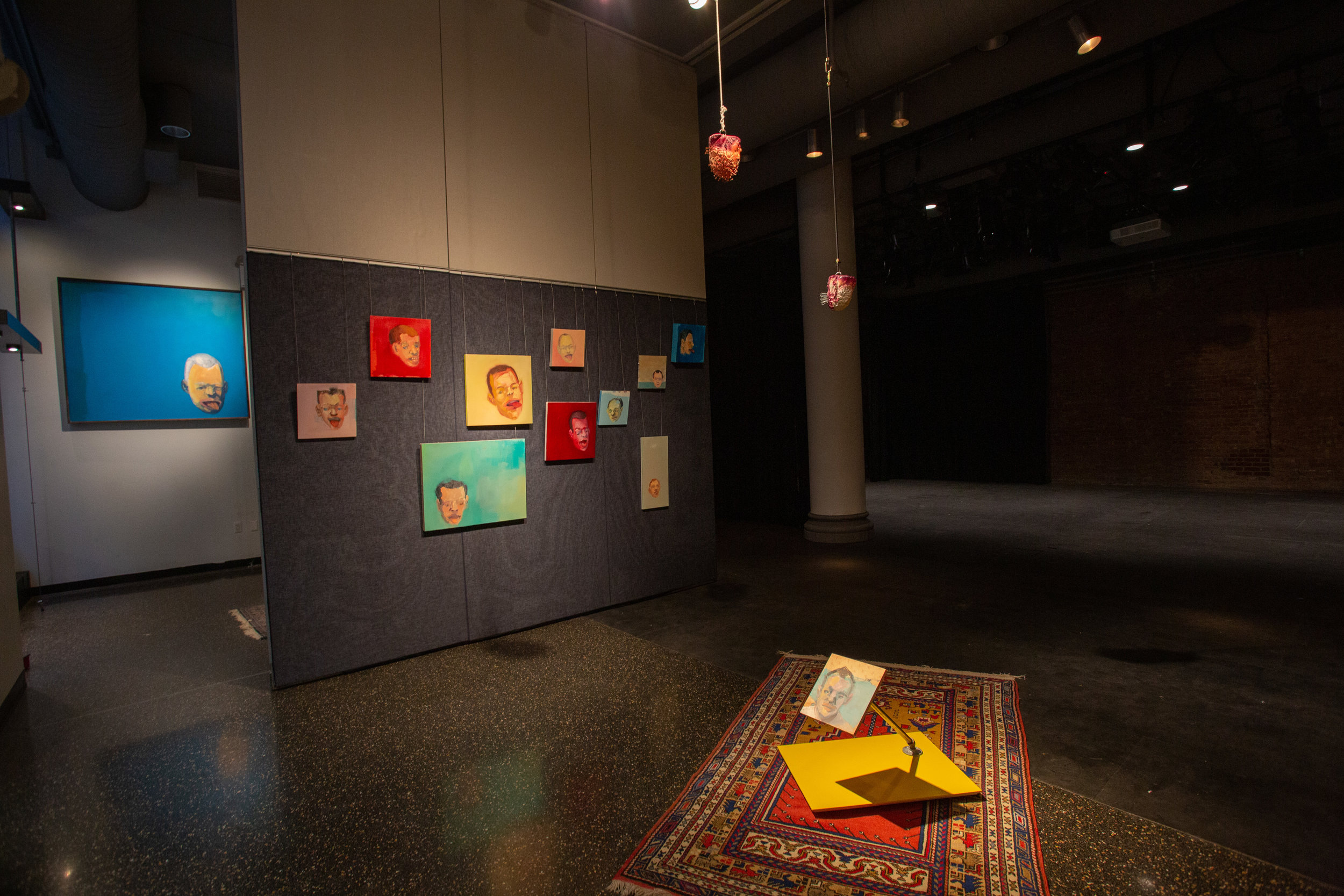
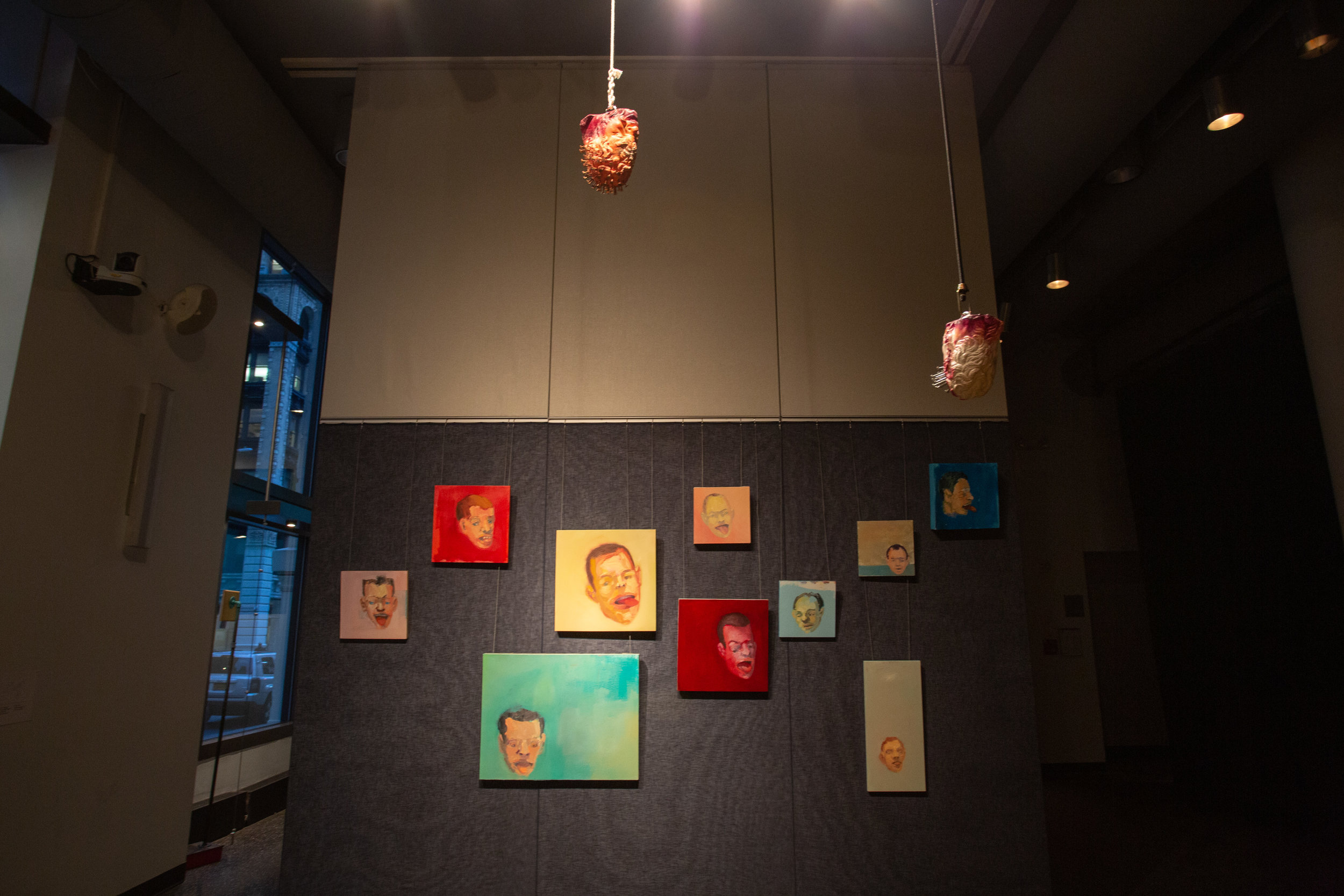
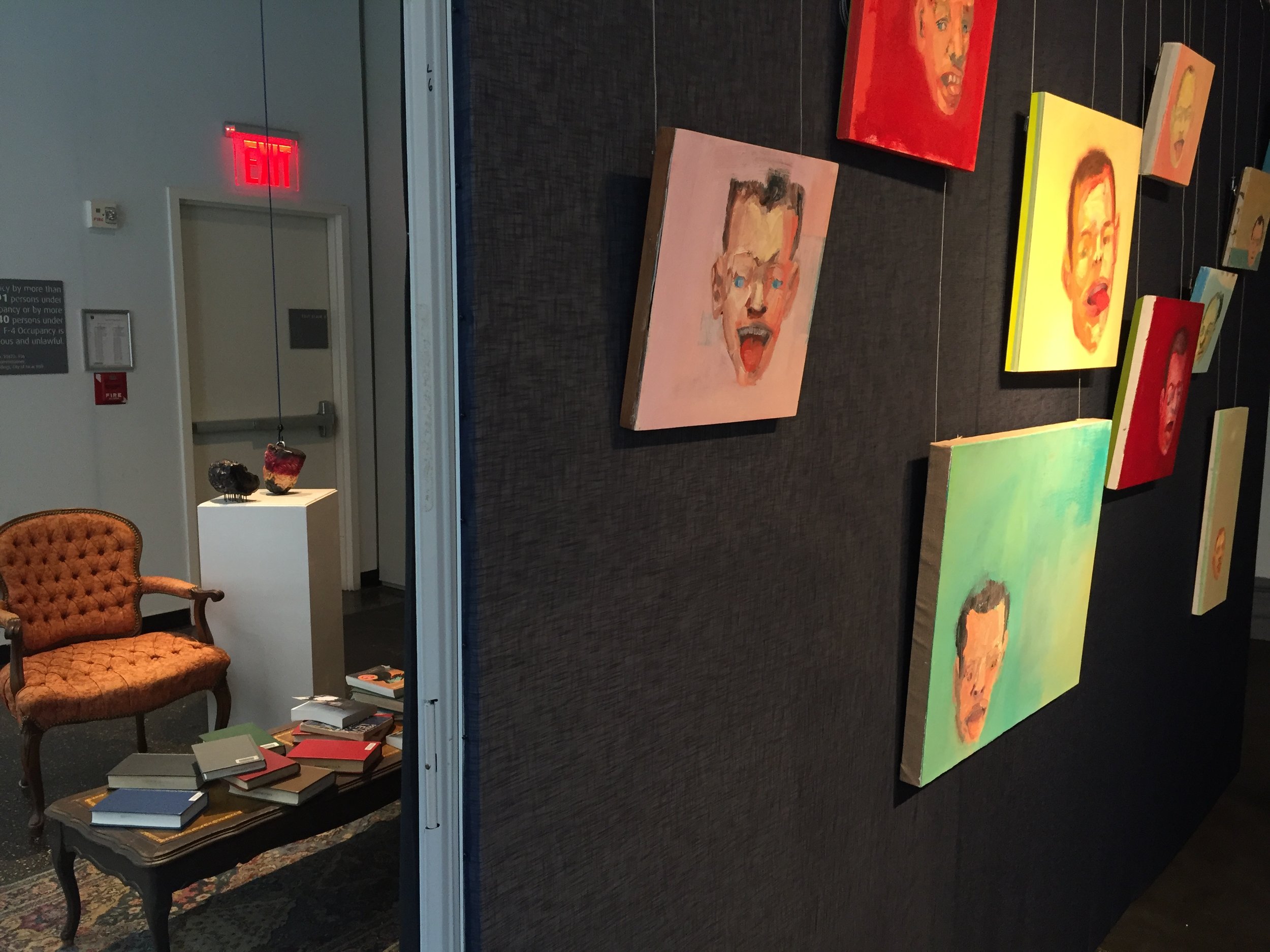
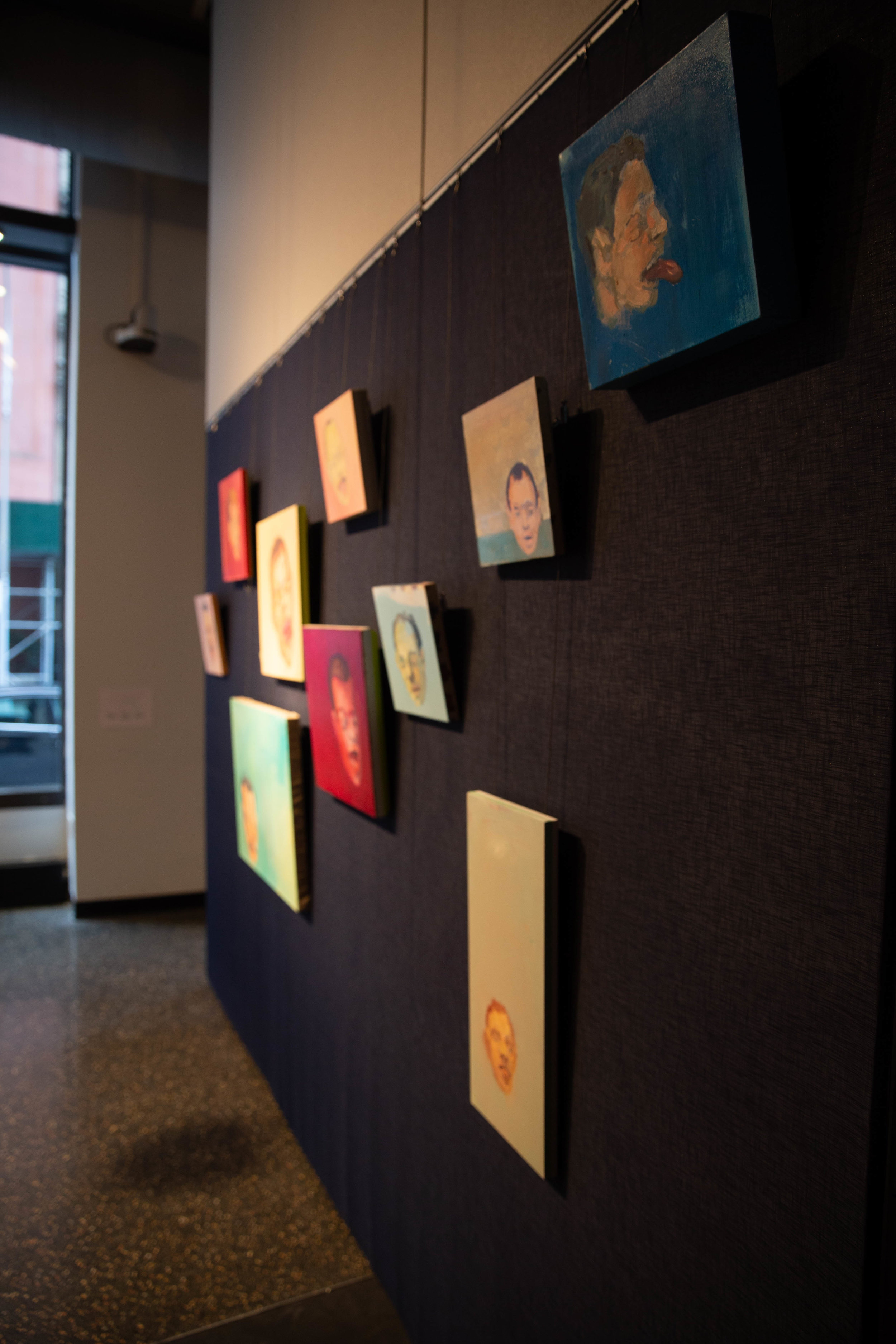
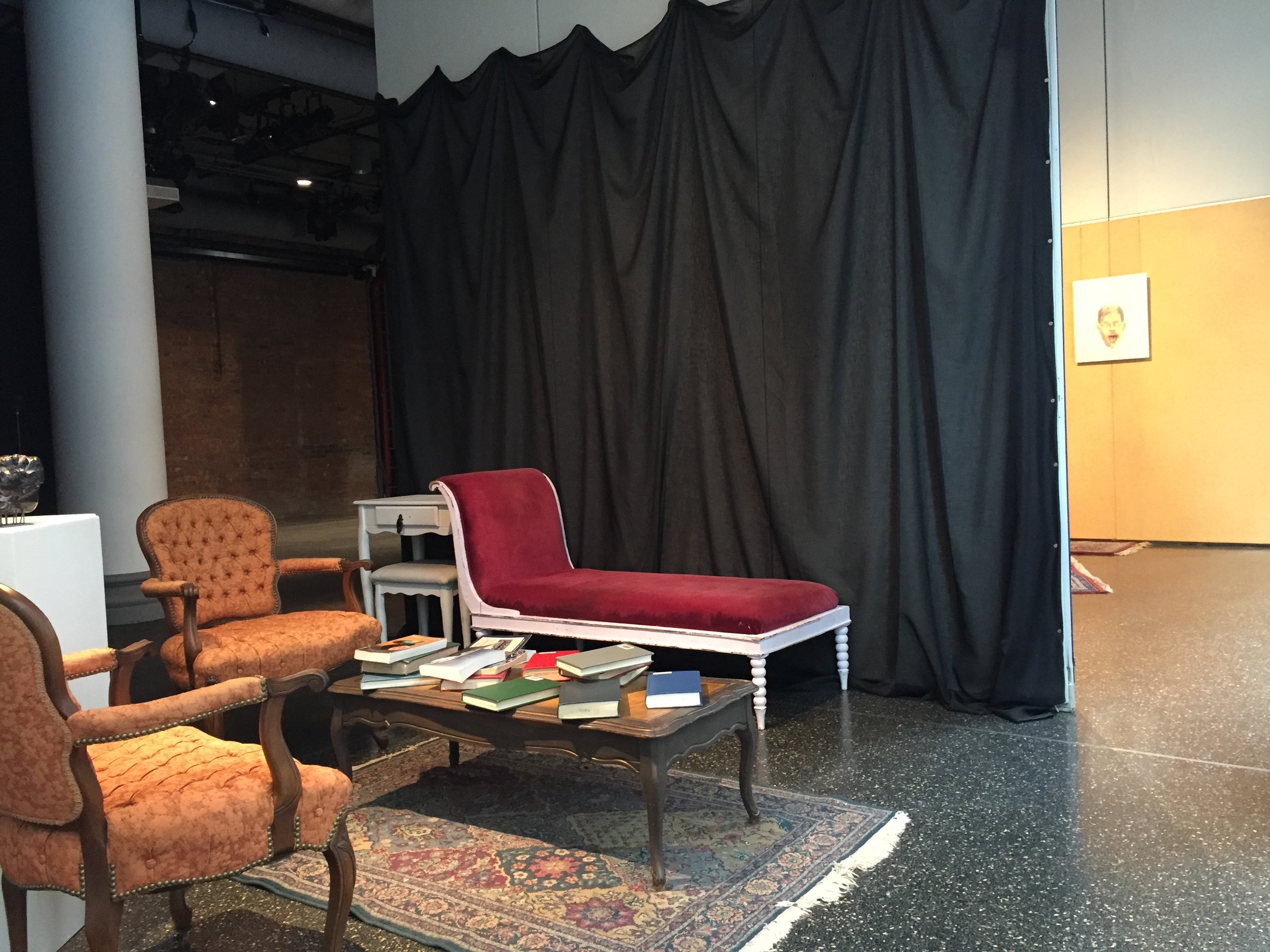
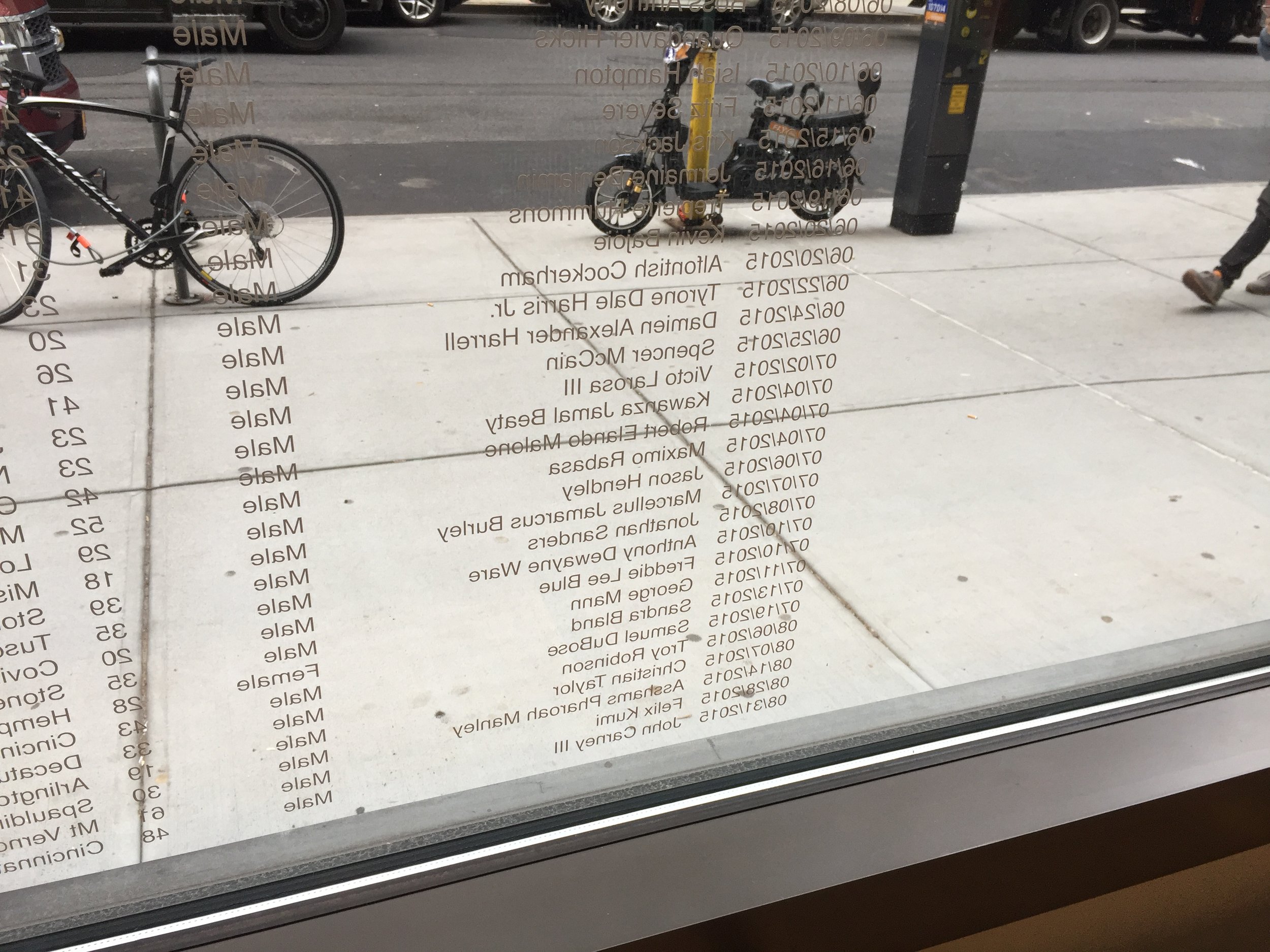
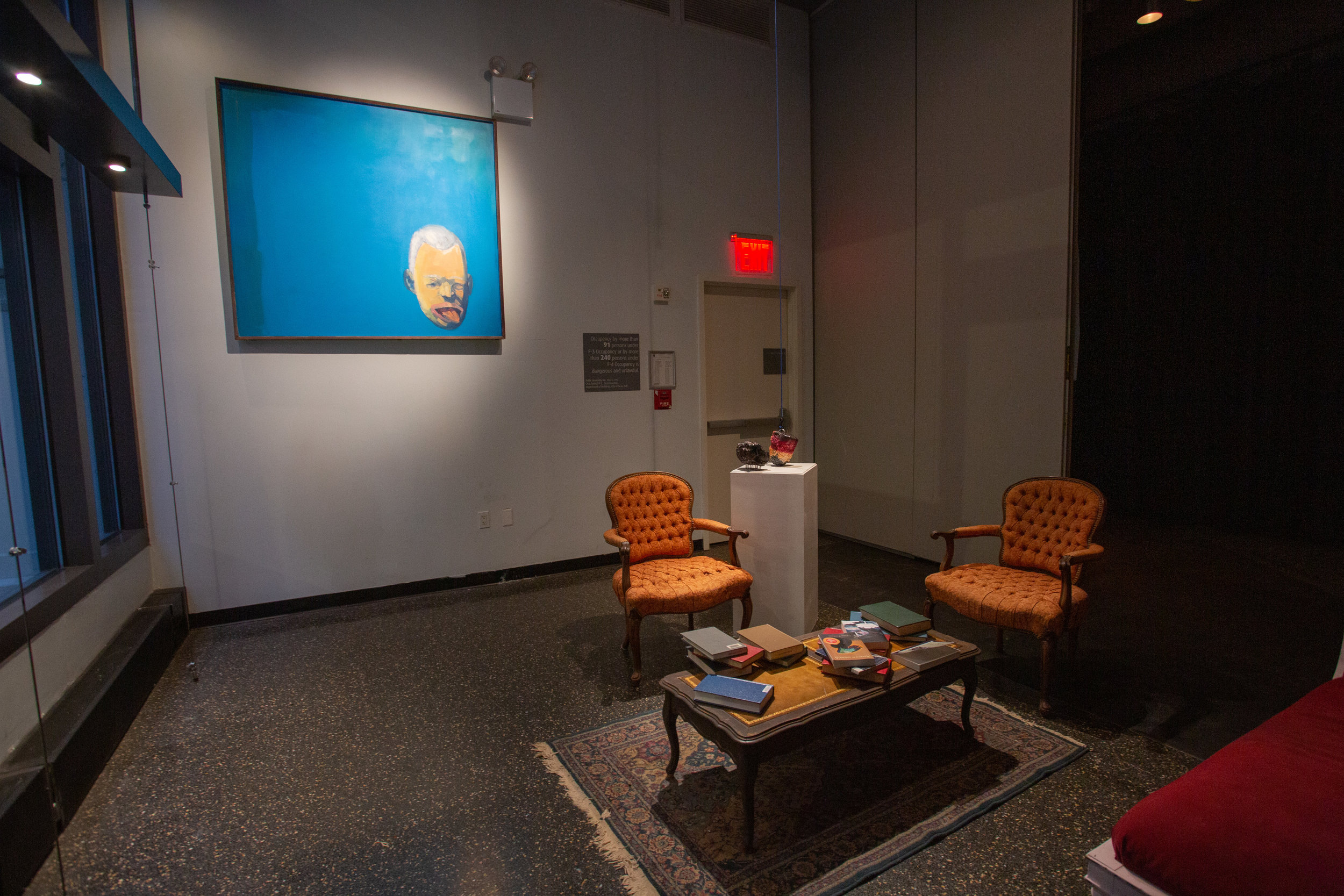
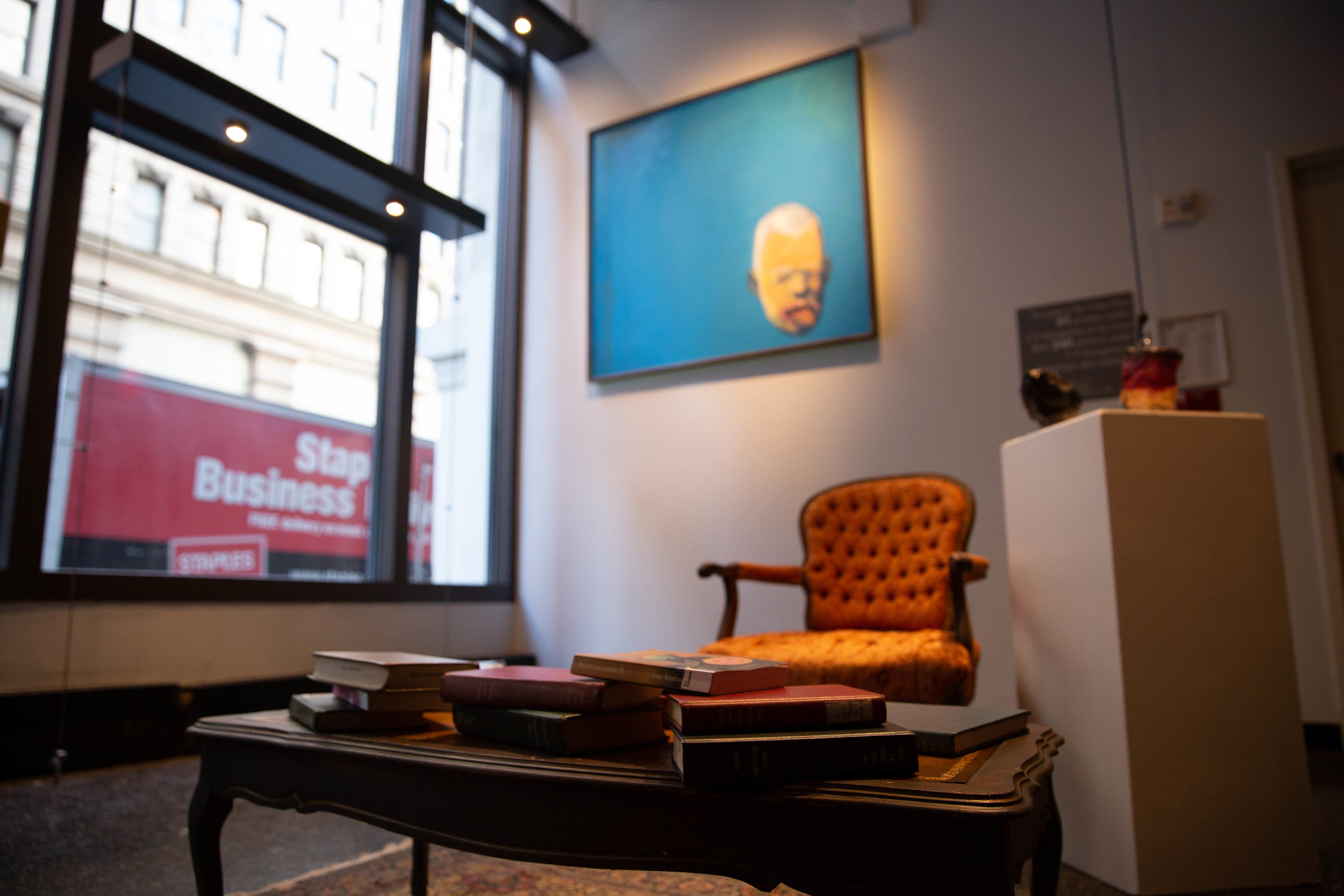
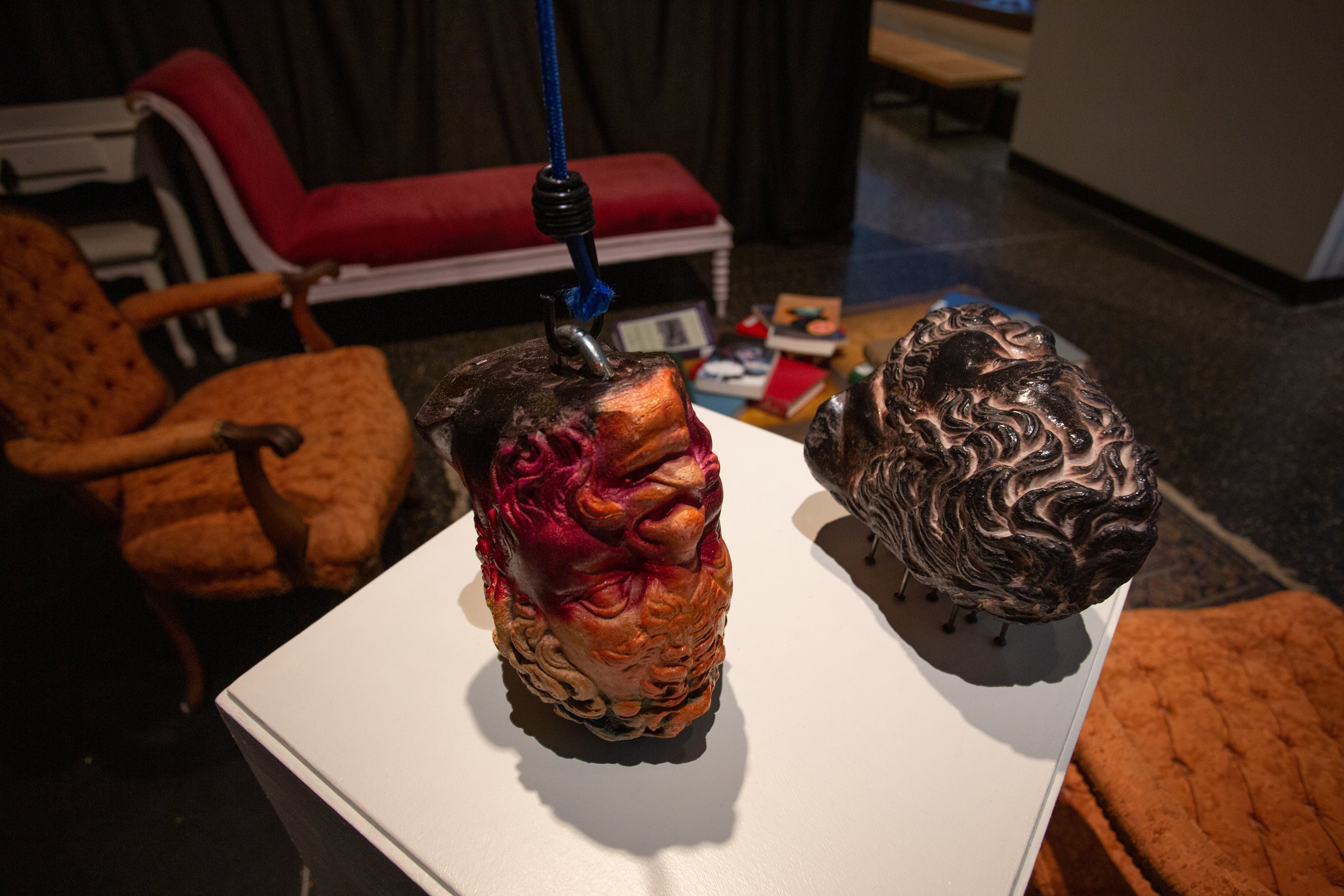
People don’t have any mercy. They tear you limb from limb, in the name of love.
-James Baldwin, Another Country
Steve Locke’s work addresses issues of blackness, queer identity, and love. Through a variety of media, Locke’s work moves between the personal to the political as the artist asks us to see intimate experiences as political and to take the political personally.
The installation when you’re a boy is a drawing-filled room in which one might find a boy alone as he discovers what it means to have a sexual body, to be queer and black, to live in a world at odds with who he is. From the forbidden regions of desire images arise, but are made impossible by all that surrounds him. A related experience, albeit at a different age, is explored in the multipart work, Rapture.
These internal physical sensations are the spark that gives rise to Locke’s work. It then moves outward as the body clashes with the political sphere. But these works are not propelled only by anger. Embedded within this encounter is a thirst for justice and an exploration of desire. There is also a deep expression of love alongside a demand for it, and for social justice, for the fulfillment of promises made, not quashed by the morass of history, prejudice, or politics.
A Partial List of Unarmed African-Americans who were Killed By Police or Who Died in Police Custody During My Sabbatical from Massachusetts College of Art and Design, 2014-2015, 2016 fills a window with names, dates, location and manner of death. The rage in that list is born of a love for each of the those lives lost.
“How do you learn to love? Who teaches you?” Locke asks in The School of Love. This multi-pronged installation moves through the often painful road to learning to love—oneself, others. To be loved is made treacherous, as Locke writes, “When every picture/movie/image/idea of you is a criminal/thing/object/void being killed over and over, how can you be loved? Why would you want to be? […] Some of what I was taught took a long time to unlearn.”
Keith Miller, Curator